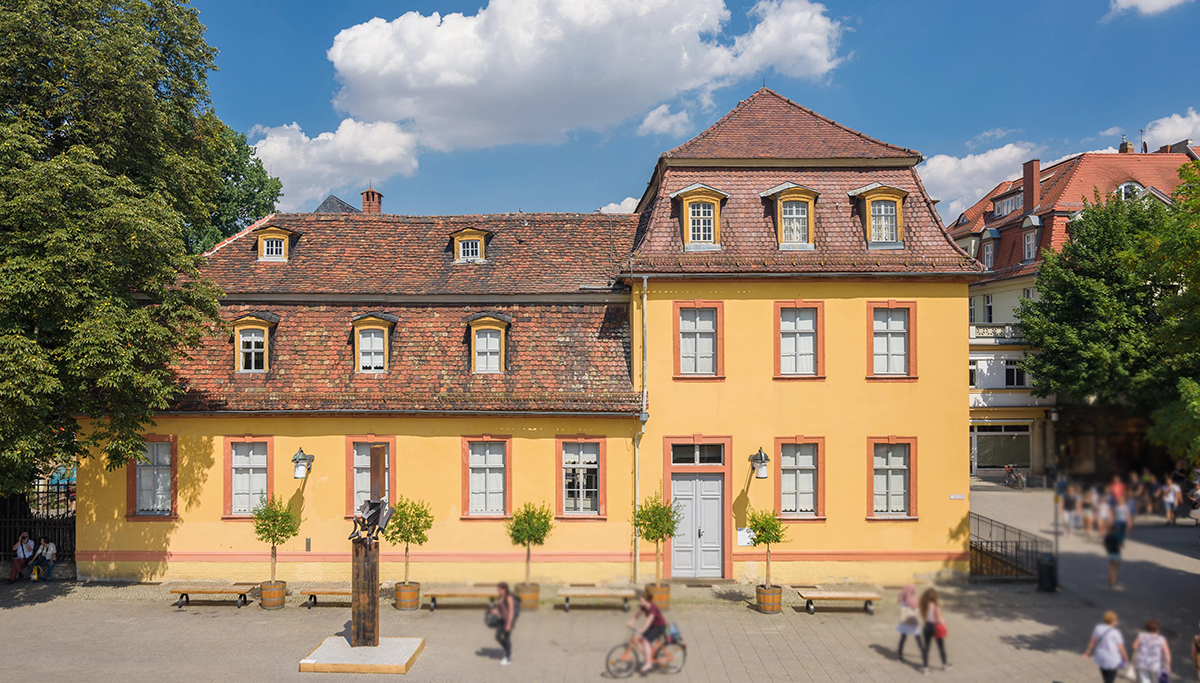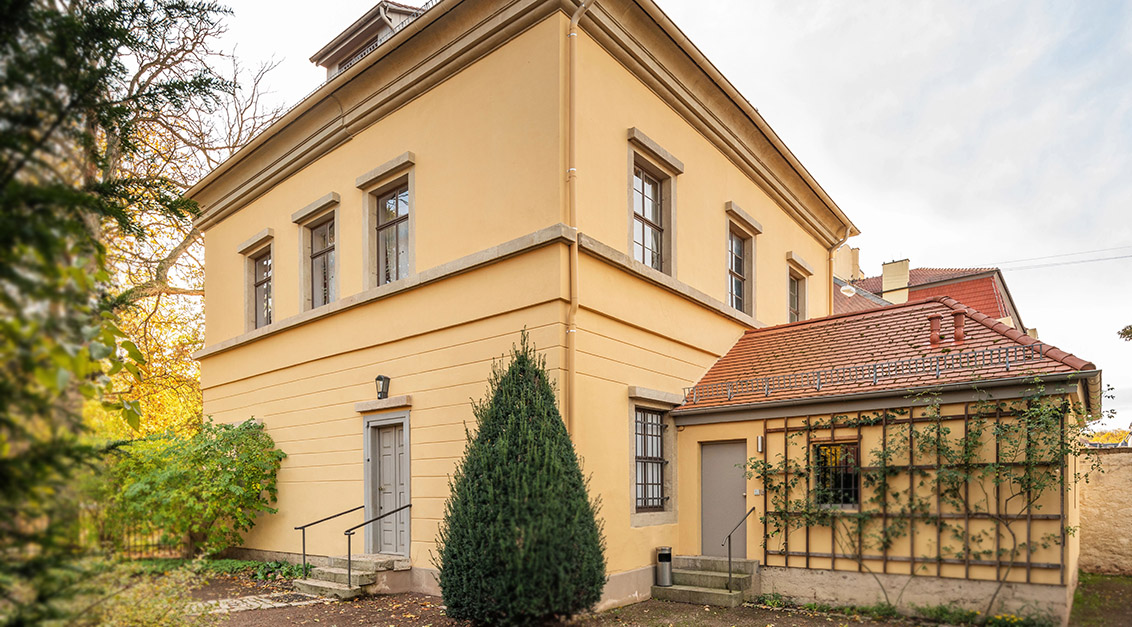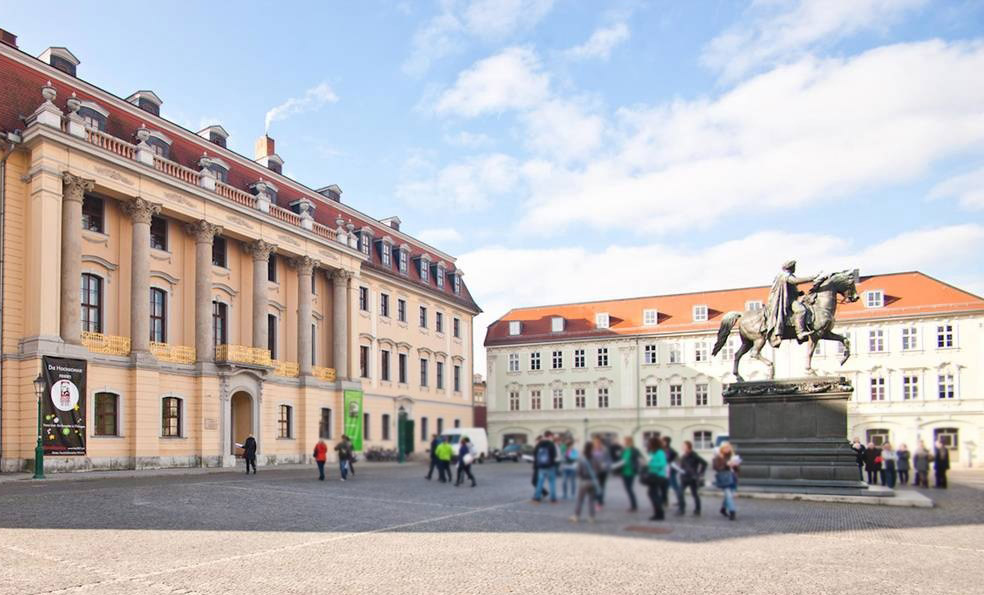Liszthaus & Liszt in Weimar Weimar
Audio Guide Liszthaus & Liszt in Weimar
Franz Liszt was a composer, pianist, conductor, and music educator, making him one of the most prominent figures in the history of classical music.
Franz Liszt was born on October 22, 1811, in the small Hungarian town of Raiding, and his musical talent manifested itself at an early age. His parents recognized his abilities and provided him with a musical education. Young Franz quickly gained fame as a child prodigy on the piano, giving his first concert at the age of 9. His musical education began in Vienna, where he studied under renowned musicians such as Carl Czerny and Antonio Salieri.
However, Franz's true musical ascent began in Paris, where he went to further his career. There, he became a popular concertmaster and gained a reputation as one of the greatest pianists of his time. His virtuoso performances and extravagant playing style made him a celebrity across Europe.
Franz Liszt was not limited to a career as a pianist. In 1848, he moved to the small German town of Weimar, where he became the director of the orchestra at the court of the Duke of Weimar. This was a significant period in his life during which he actively engaged in composition and conducting. He composed numerous works for the piano, including the famous "Years of Pilgrimage" and "Transcendental Etudes," which became his artistic legacy.
Furthermore, Liszt had a profound impact on the development of German musical culture. He actively supported young composers, including Richard Wagner and Peter Ilyich Tchaikovsky, helping them promote their works. He also organized premieres of Wagner's operas, contributing to the development of opera as an art form.
Franz Liszt passed away on July 31, 1886, but his influence on the world of music remains indelible. He left behind not only magnificent musical compositions but also imparted the art of expressive performance and creative freedom to many musicians and composers.
Liszthaus in Weimar is not only historically significant but also a living connection to one of the greatest composers and pianists of all time. This museum is located in the historic house at 17 Marienstrasse, which was Franz Liszt's home during the last 17 years of his life, from 1869 to 1886.
The history of this house is rich and fascinating in its own right. It was constructed in the late 18th century as a residential house and a workplace for the chief gardener of the Duke of Weimar's court. In 1819, the house underwent a significant reconstruction under the guidance of the architect Clemens Wenzeslaus Coudray, transforming it into a beautiful example of classical architecture characteristic of Weimar.
The museum housed within this building offers visitors a unique opportunity to immerse themselves in the life and work of Franz Liszt. Here, you can see numerous exhibits related to the composer's life, including his piano, furniture, personal belongings, and musical instruments. These items create an atmosphere of the time when Franz Liszt lived and worked in this house, allowing you to feel his close presence.
The museum also hosts events, exhibitions, and concerts to attract music and art enthusiasts. Liszthaus is not just a museum; it is a window into the world of a great composer and his era, a place where art comes to life.
Other sights
-
Albert Schweitzer Denkmal
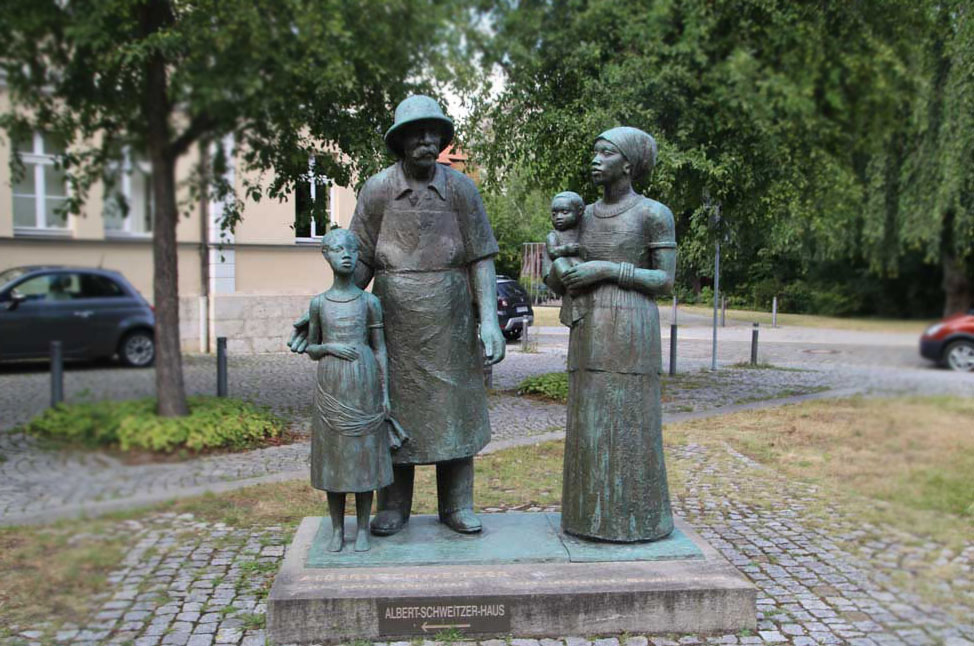
-
Altenburg (Franz Liszt)
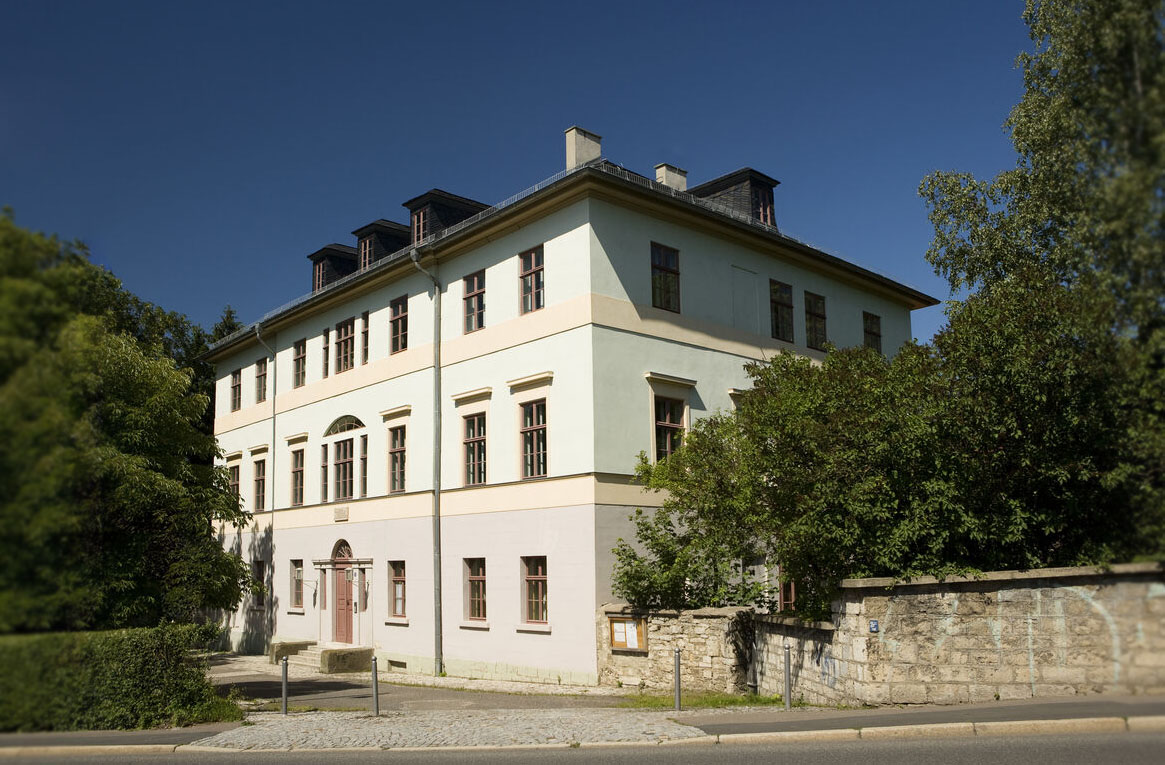
-
Atrium & ehemaliges Gauforum
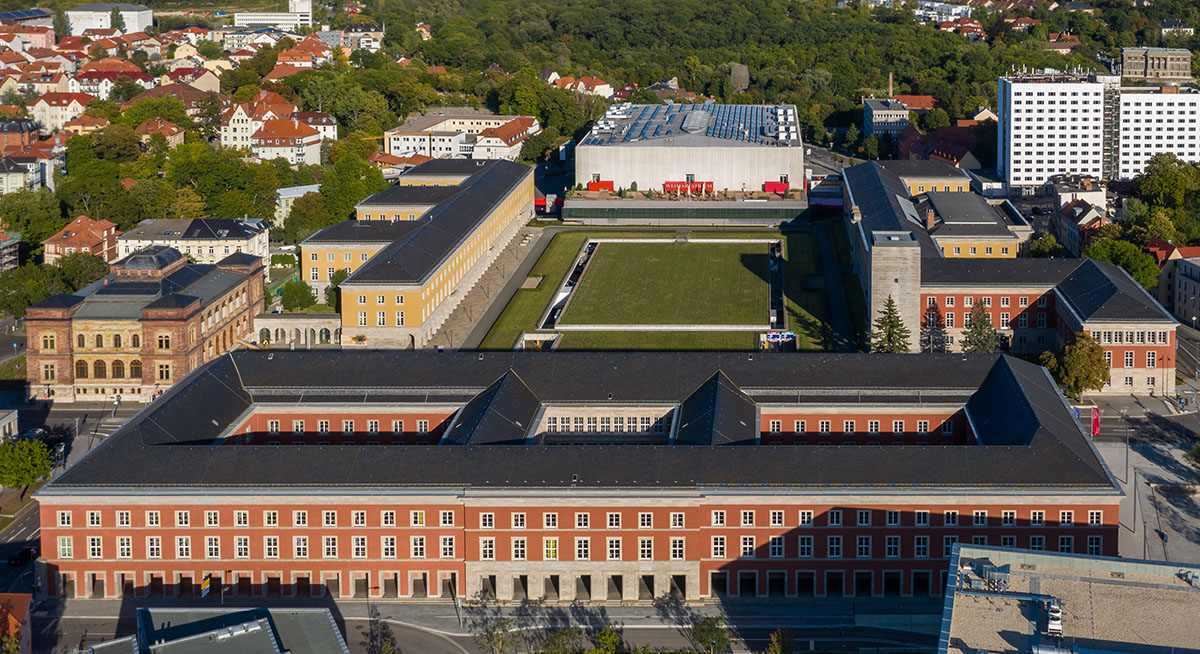
-
Bauhaus Universität (Henry van de Velde)
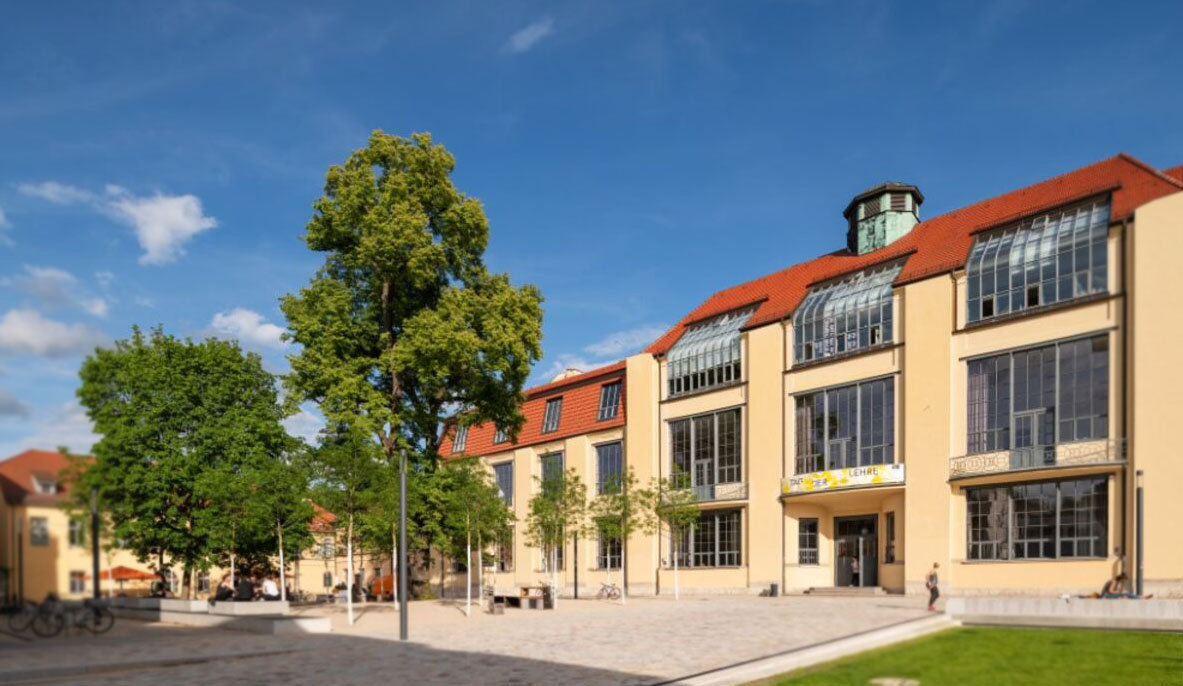
-
Bauhaus: Haus am Horn
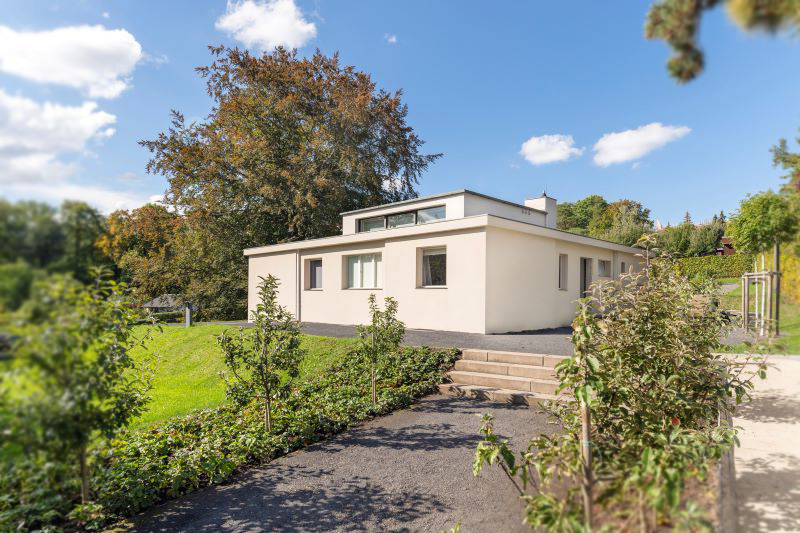
-
Carl Heinrich Ferdinand Streichhan-Kaserne
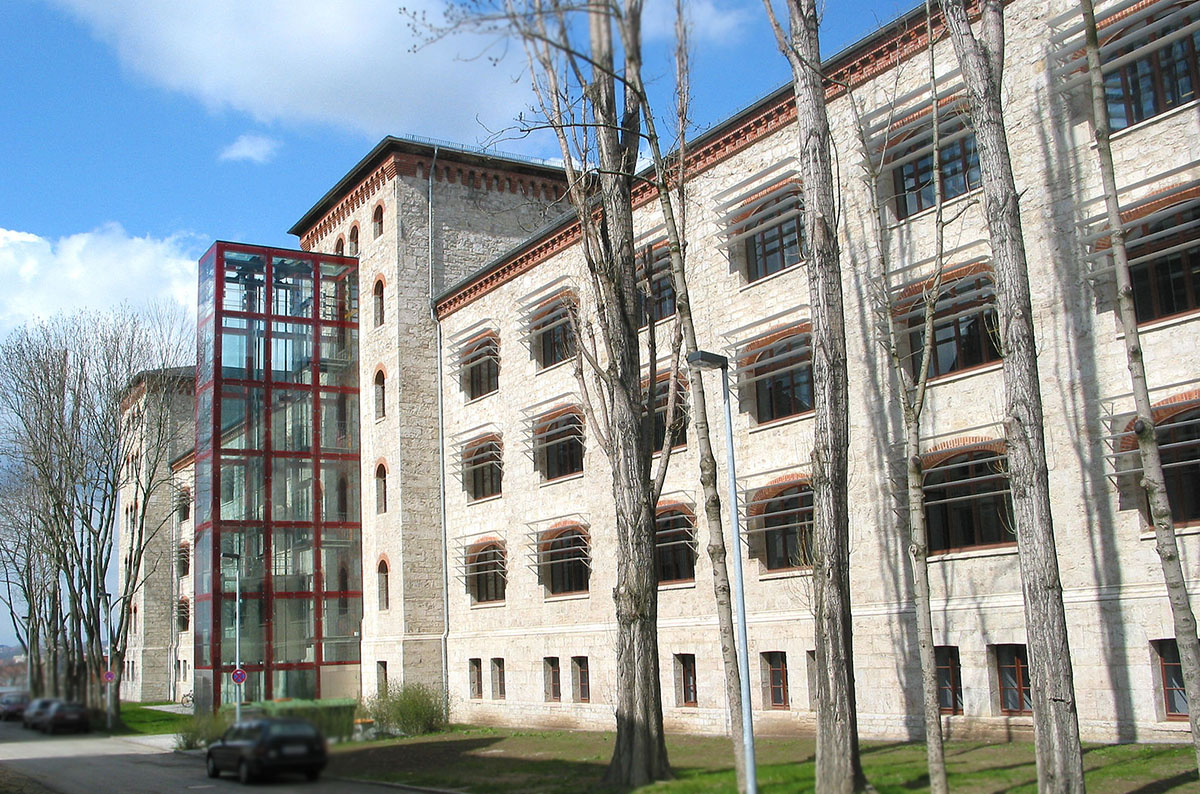
-
Cranachhaus
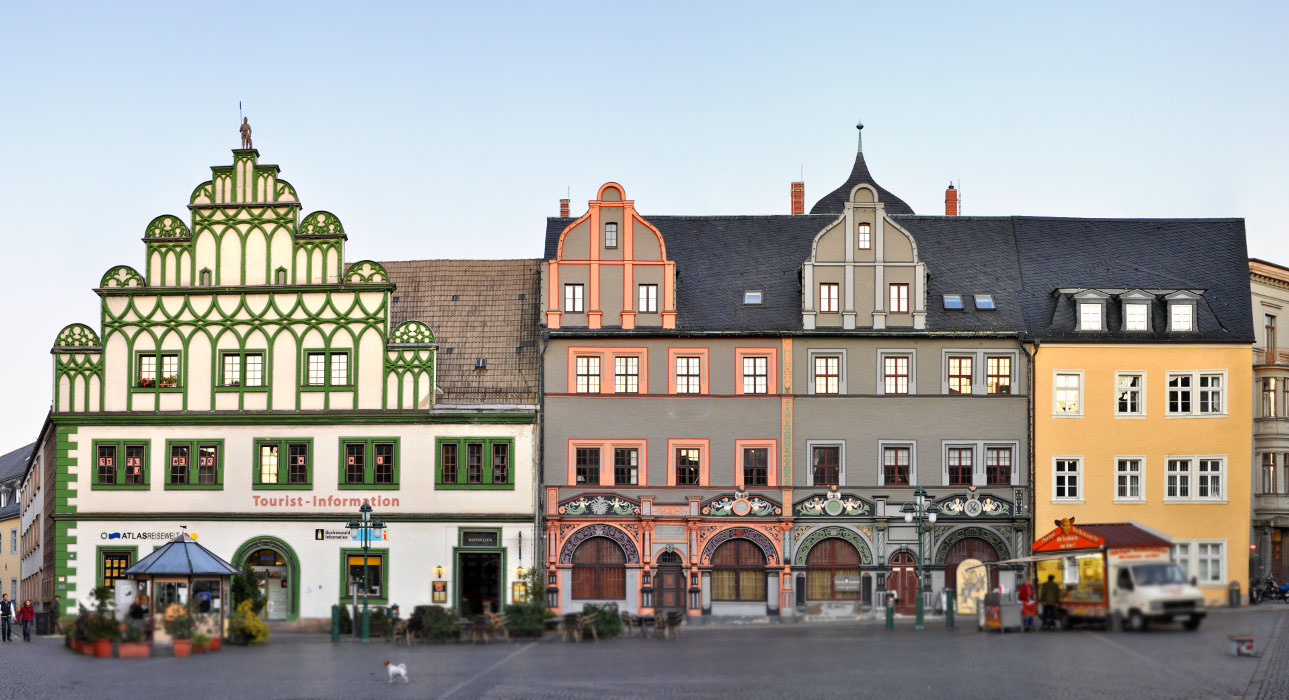
-
Denkmal Nepomuk Hummel
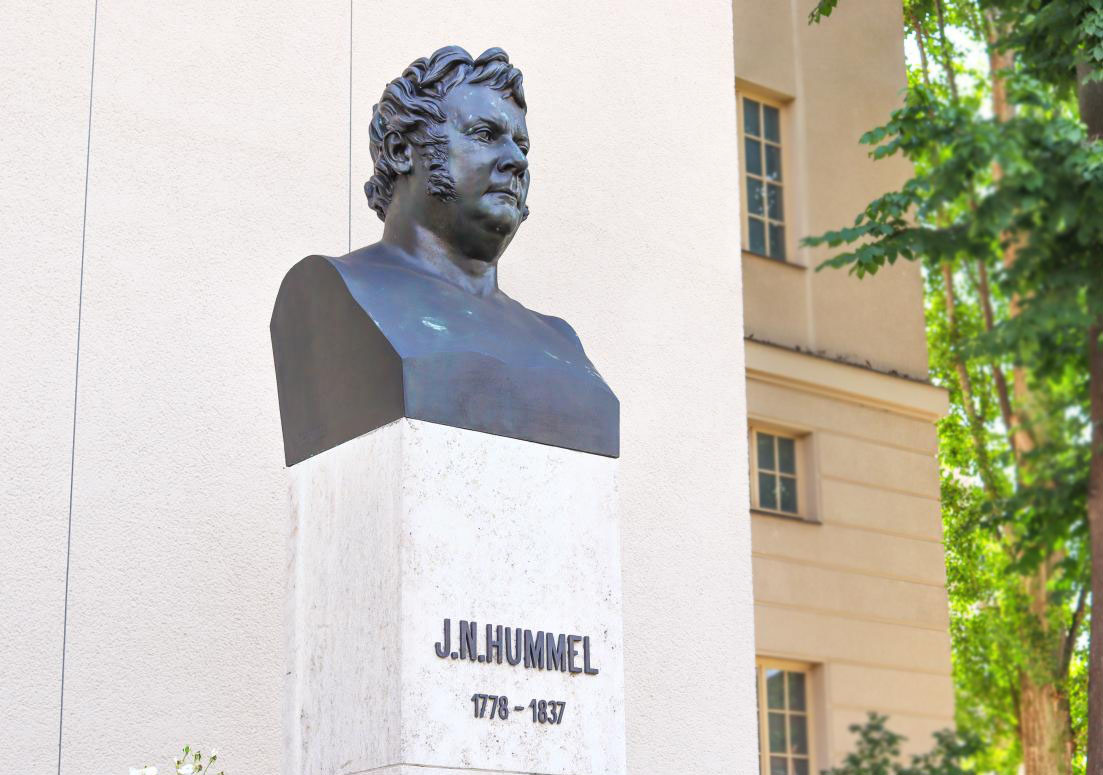
-
Denkmal Nepomuk Hummel und katholische Kirche
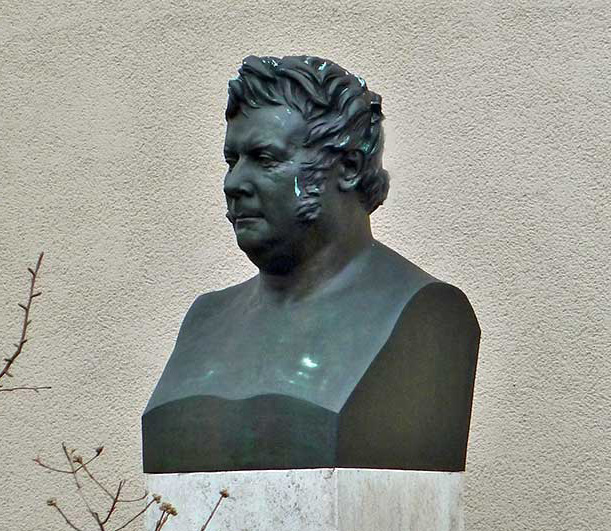
-
Deutsches Nationaltheater Goethe & Schiller Denkmal
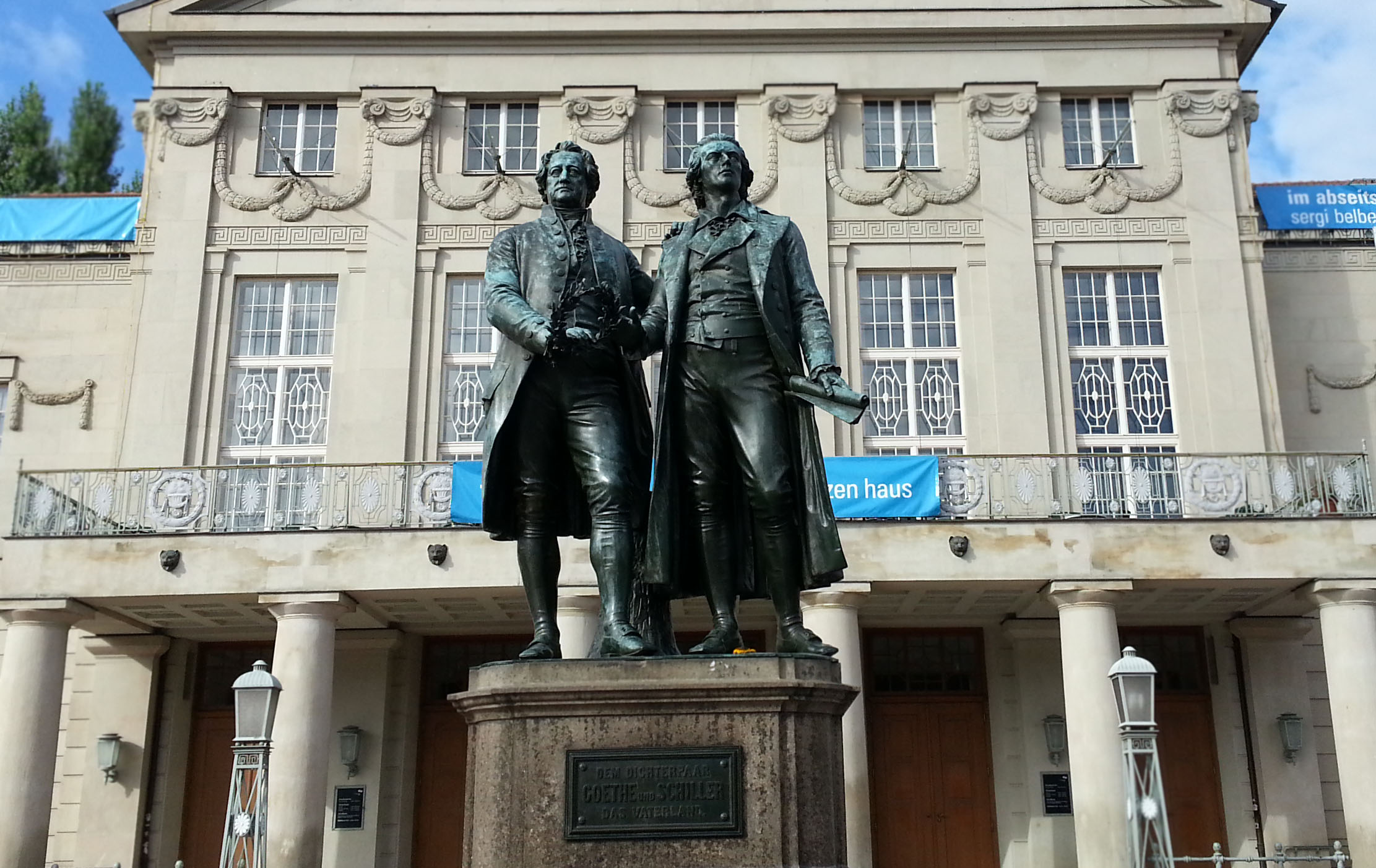
-
Ginkgobaum
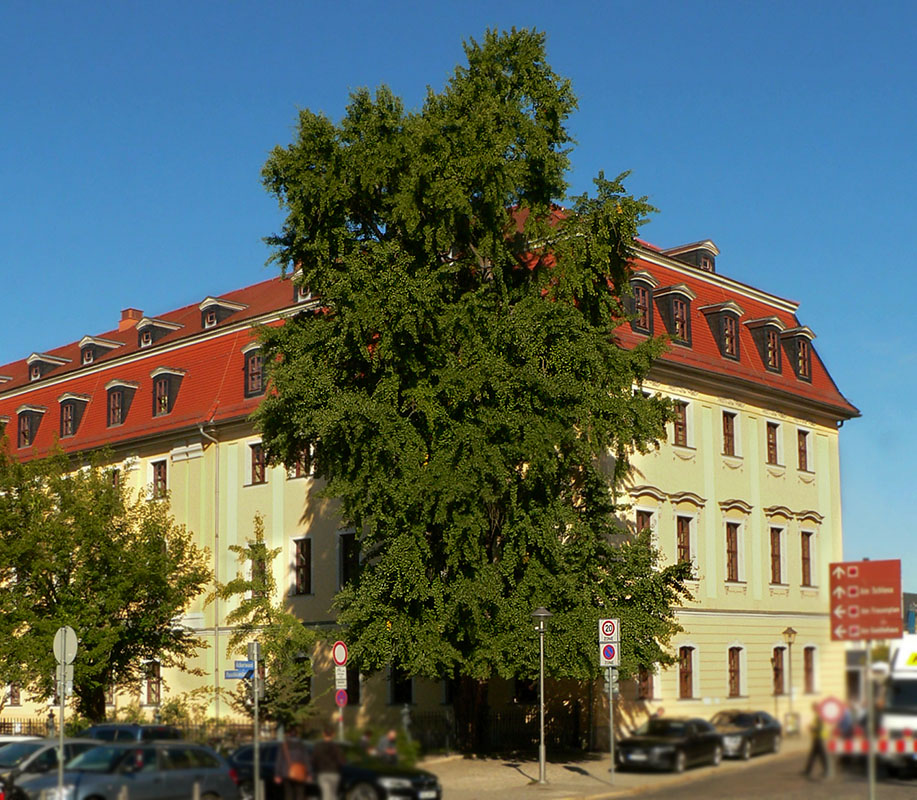
-
Goethe- & Schillerarchiv
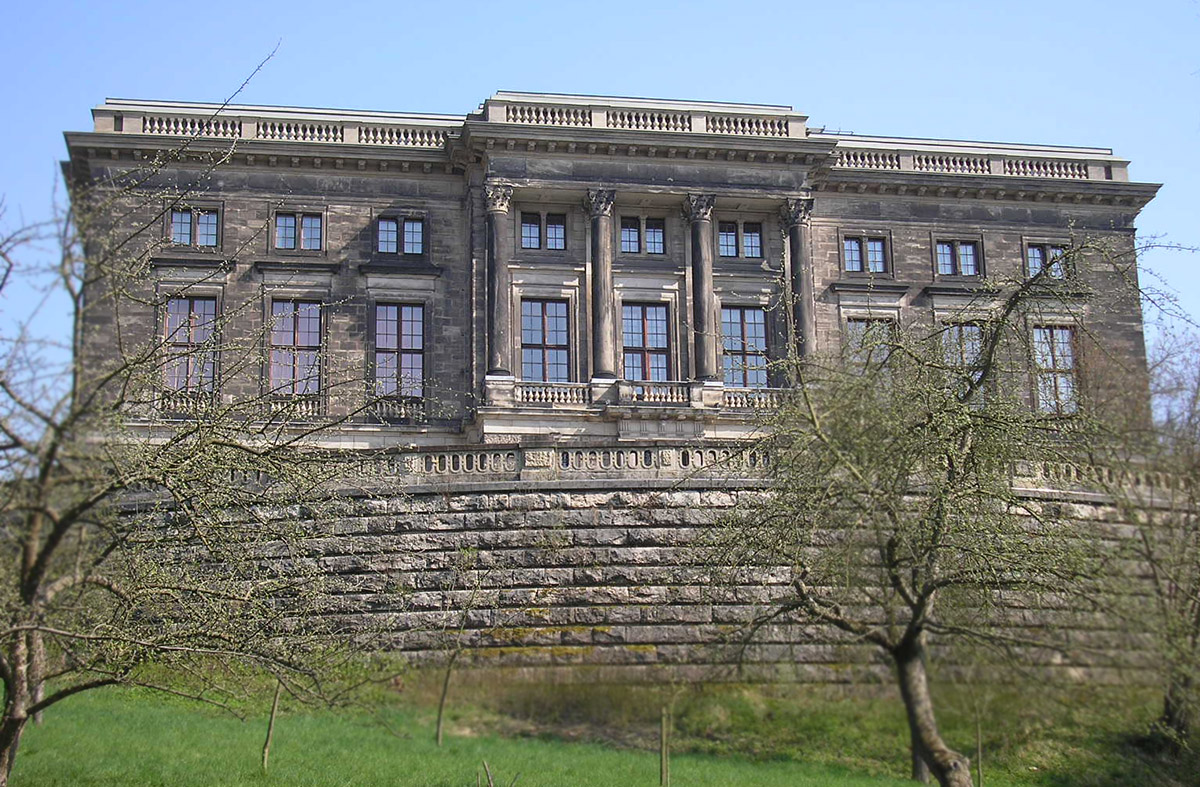
-
Goetheplatz mit Kasseturm & Stadtmauer
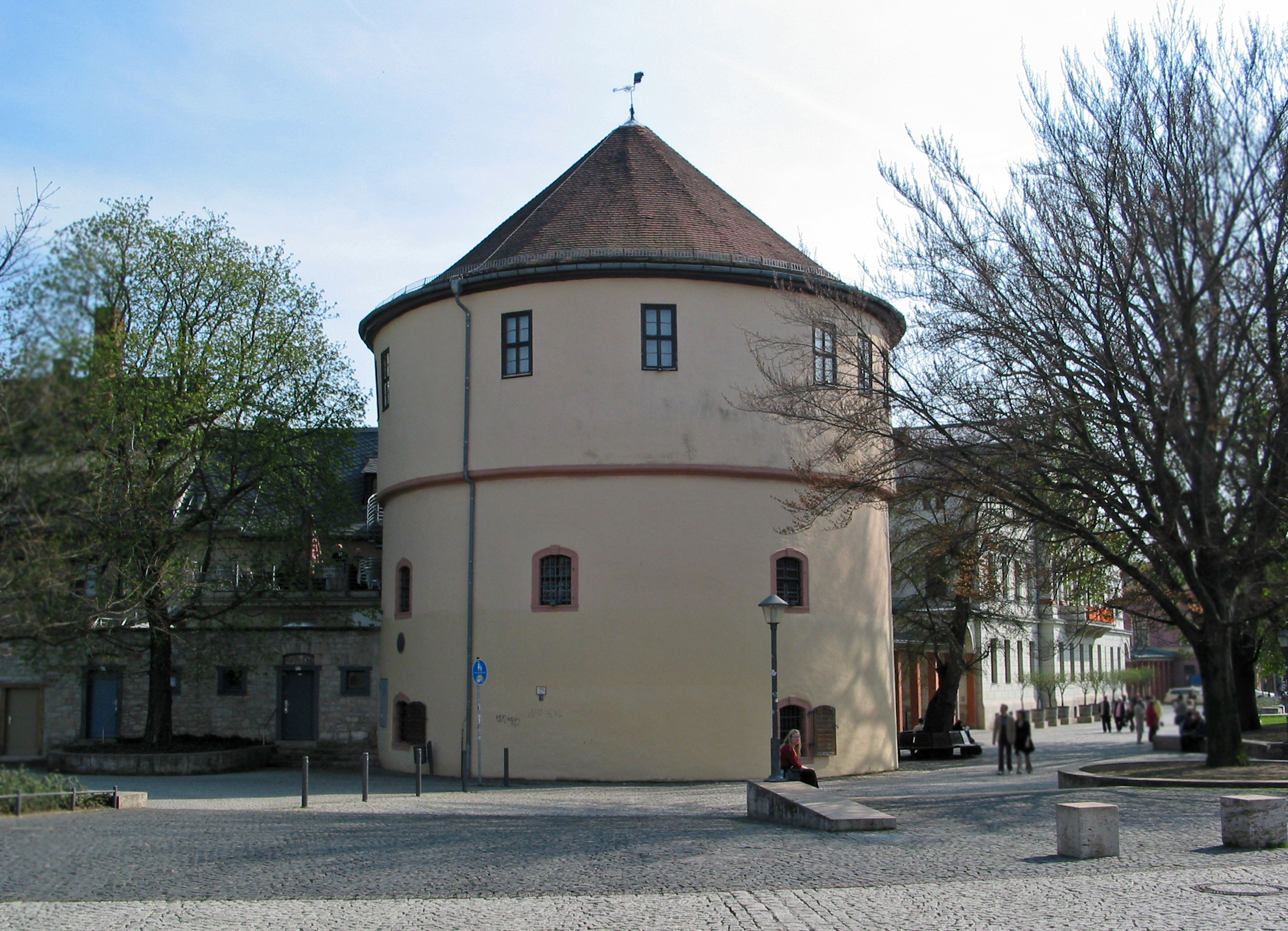
-
Goethes Wohnhaus
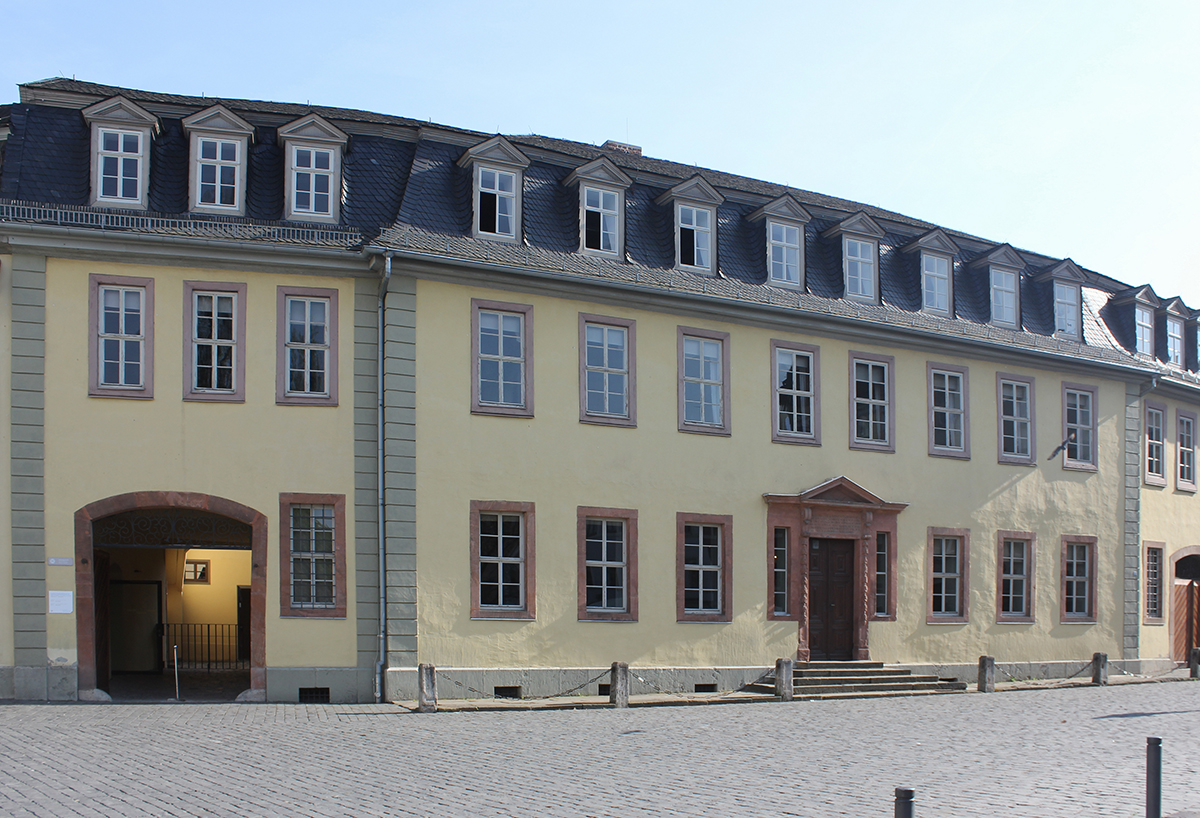
-
Haus am Horn
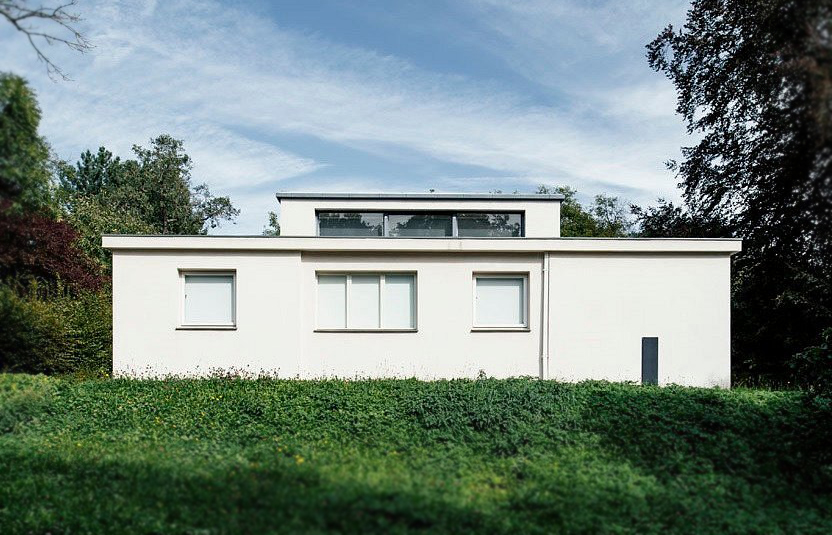
-
Haus der Charlotte von Stein
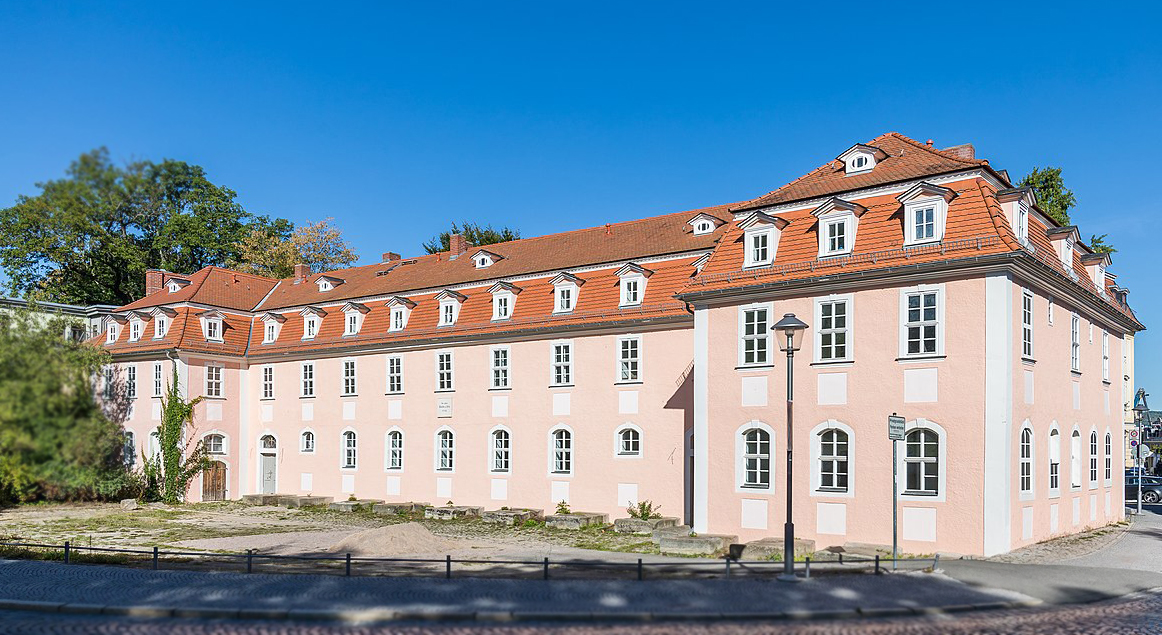
-
Herderplatz & Kirche St. Peter und Paul
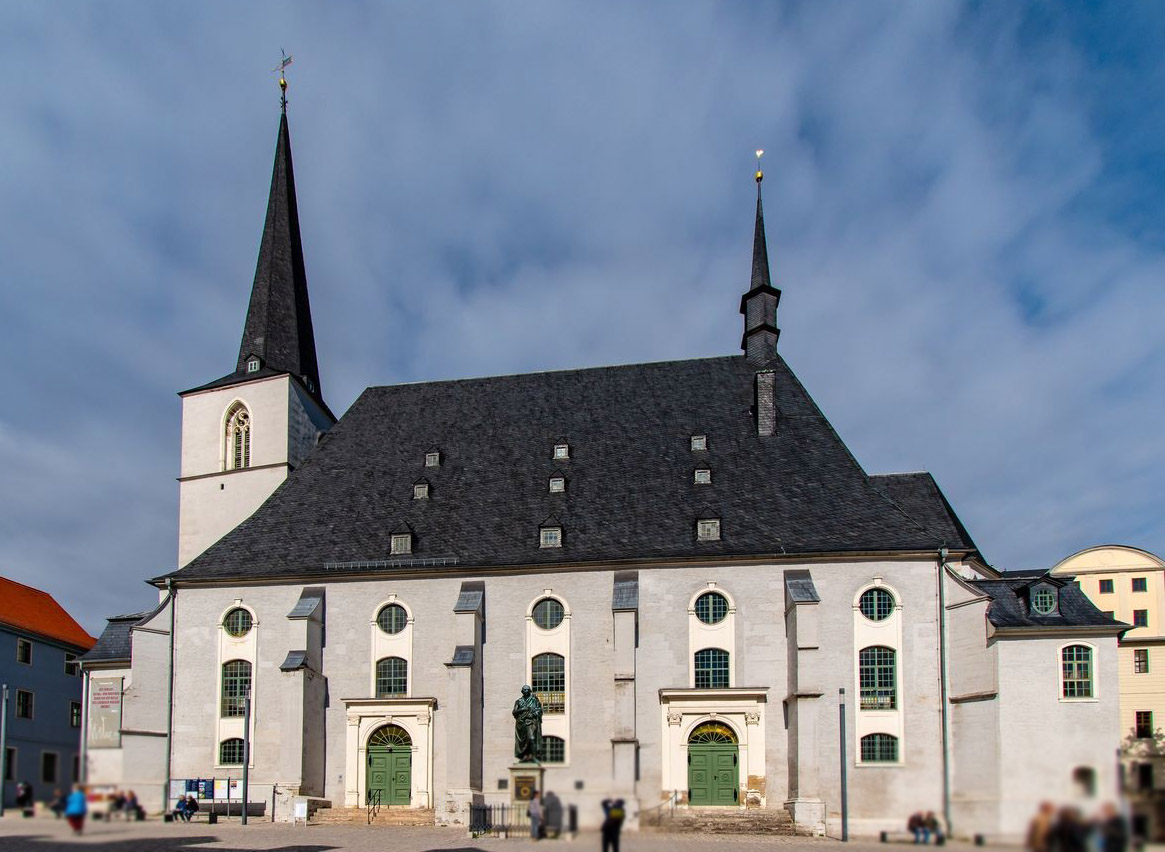
-
Herzogin Anna-Amalia-Bibliothek
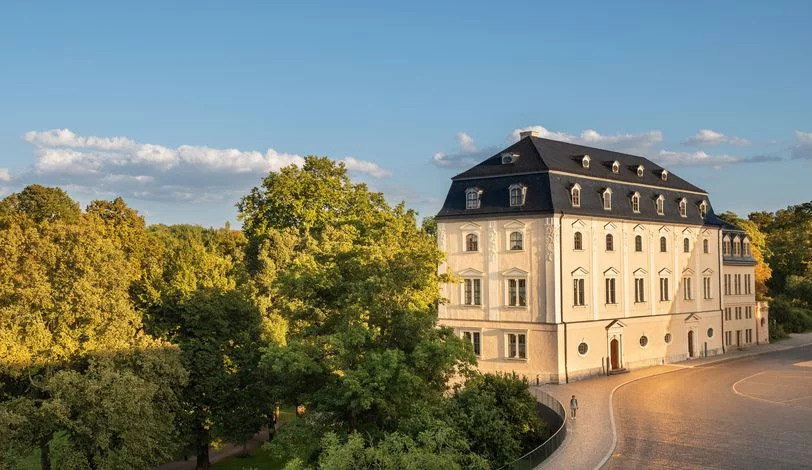
-
Historischer Friedhof

-
Hochschule für Musik Franz Liszt (Fürstenhaus)
-
J. G. Herder, Kirche St. Peter und Paul
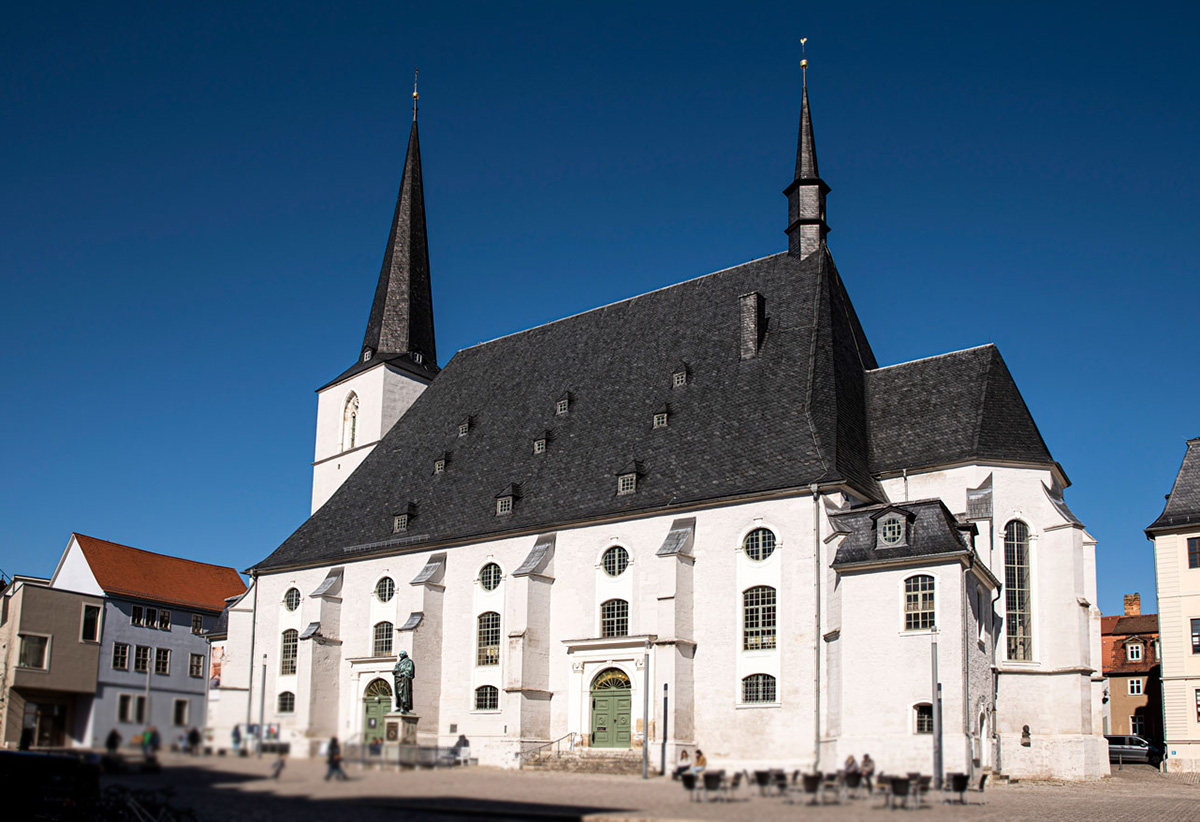
-
J. S. Bach in Weimar & Bachtafel
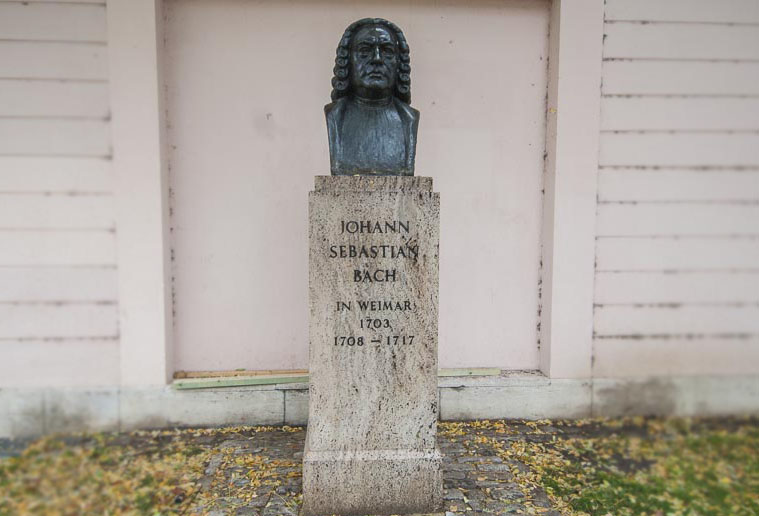
-
Katholische Kirche
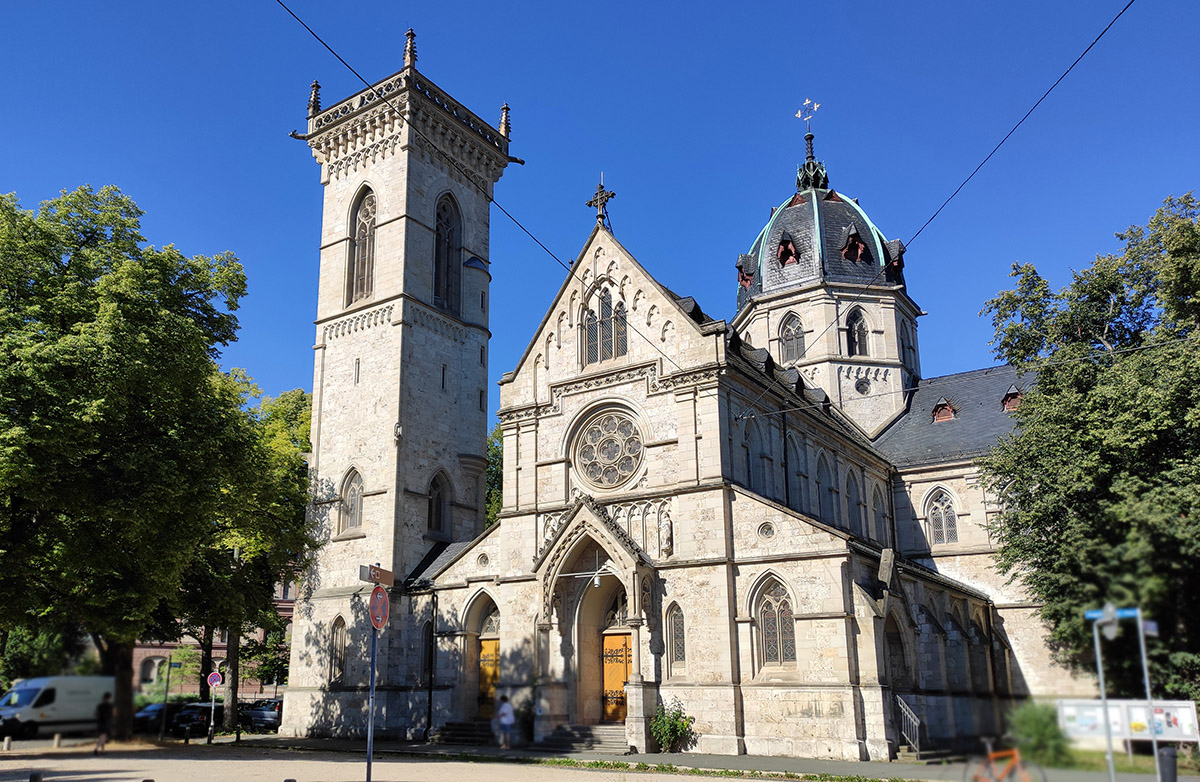
-
Landesmuseum
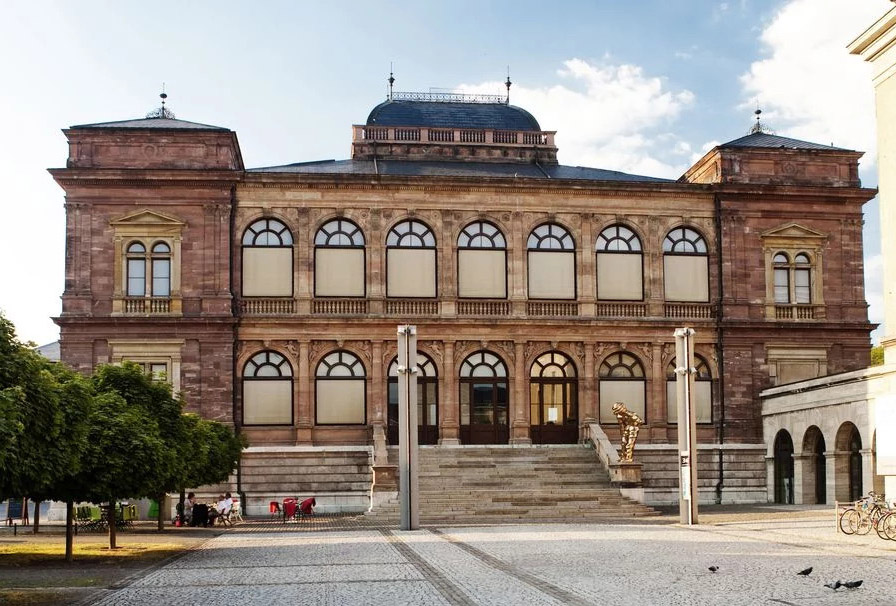
-
Markt
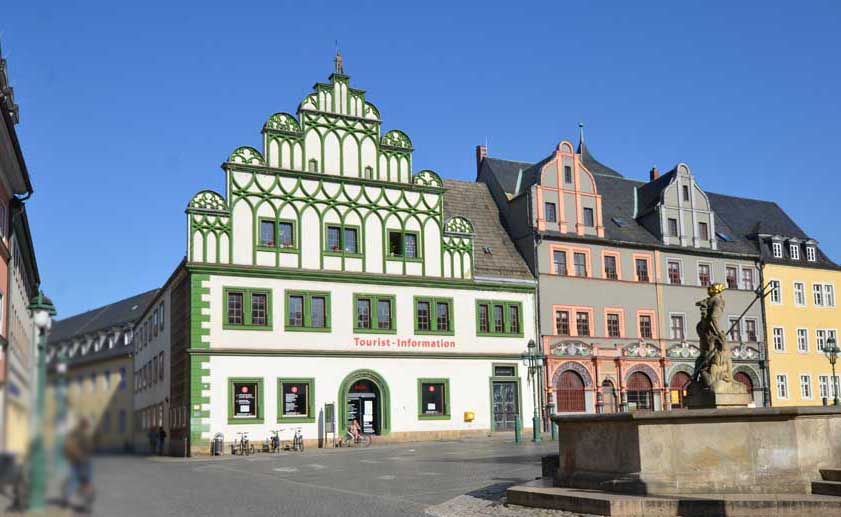
-
Marktplatz, J. S. Bach
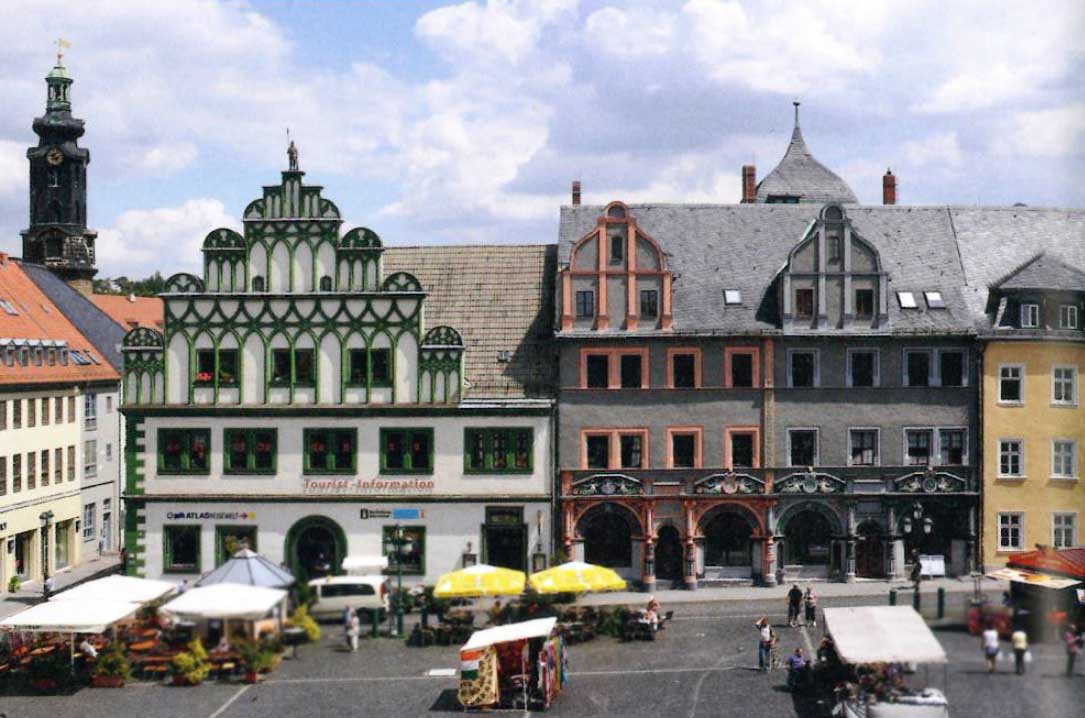
-
Marktplatz, Rathaus, Cranachhaus
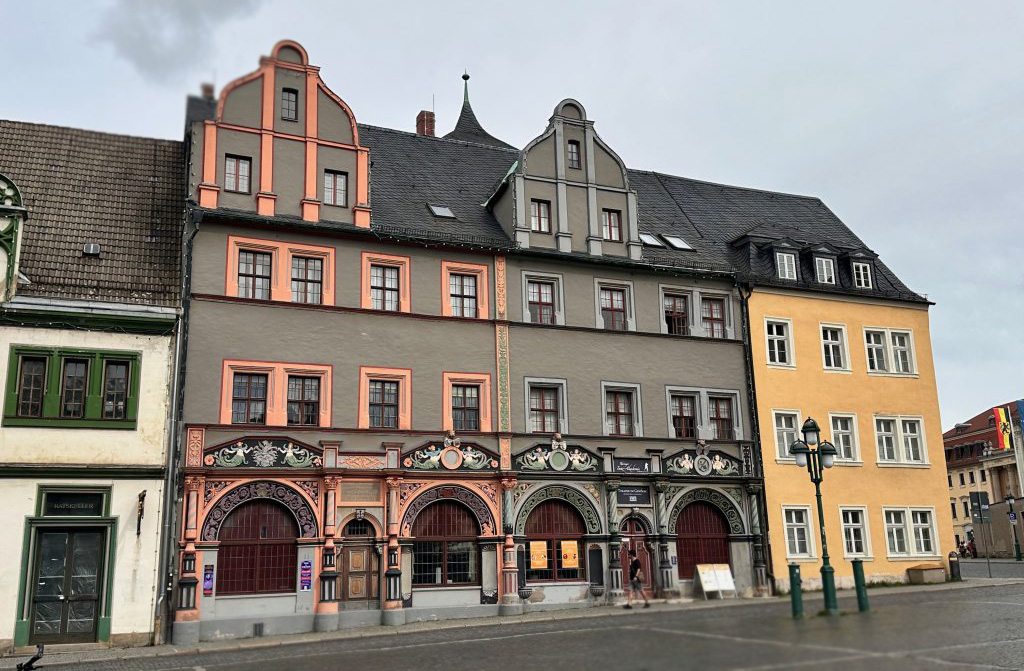
-
Marstall
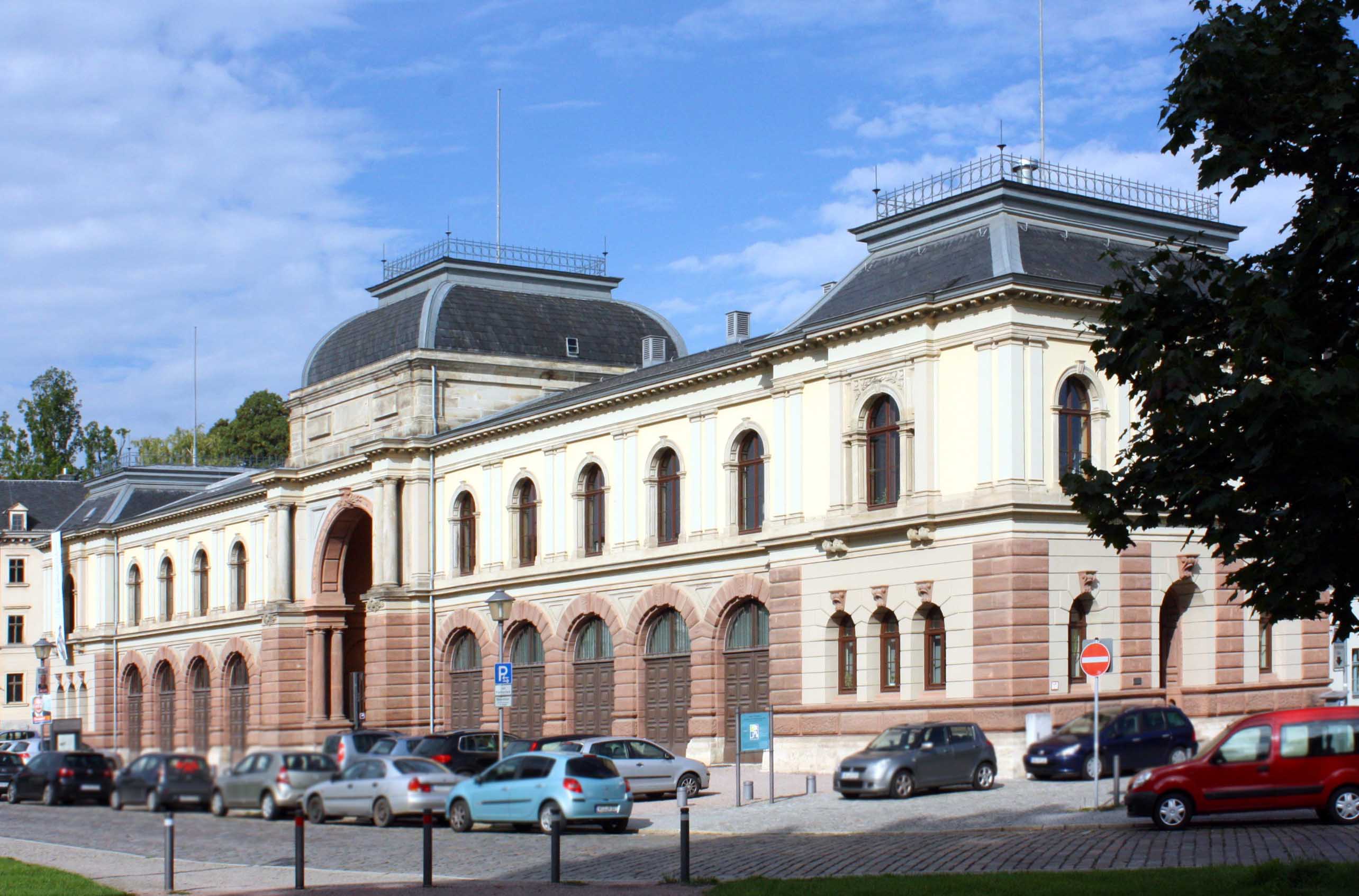
-
Modernes Weimar: Neues Bauen am Horn
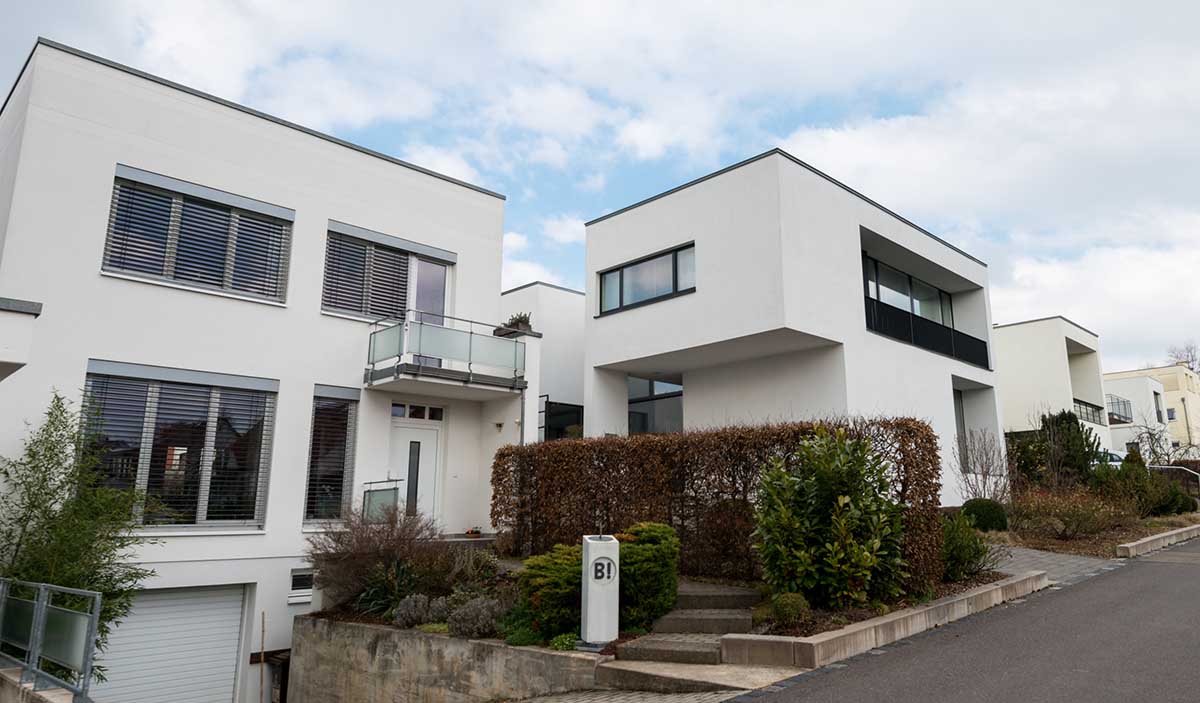
-
Neue Weimarhalle
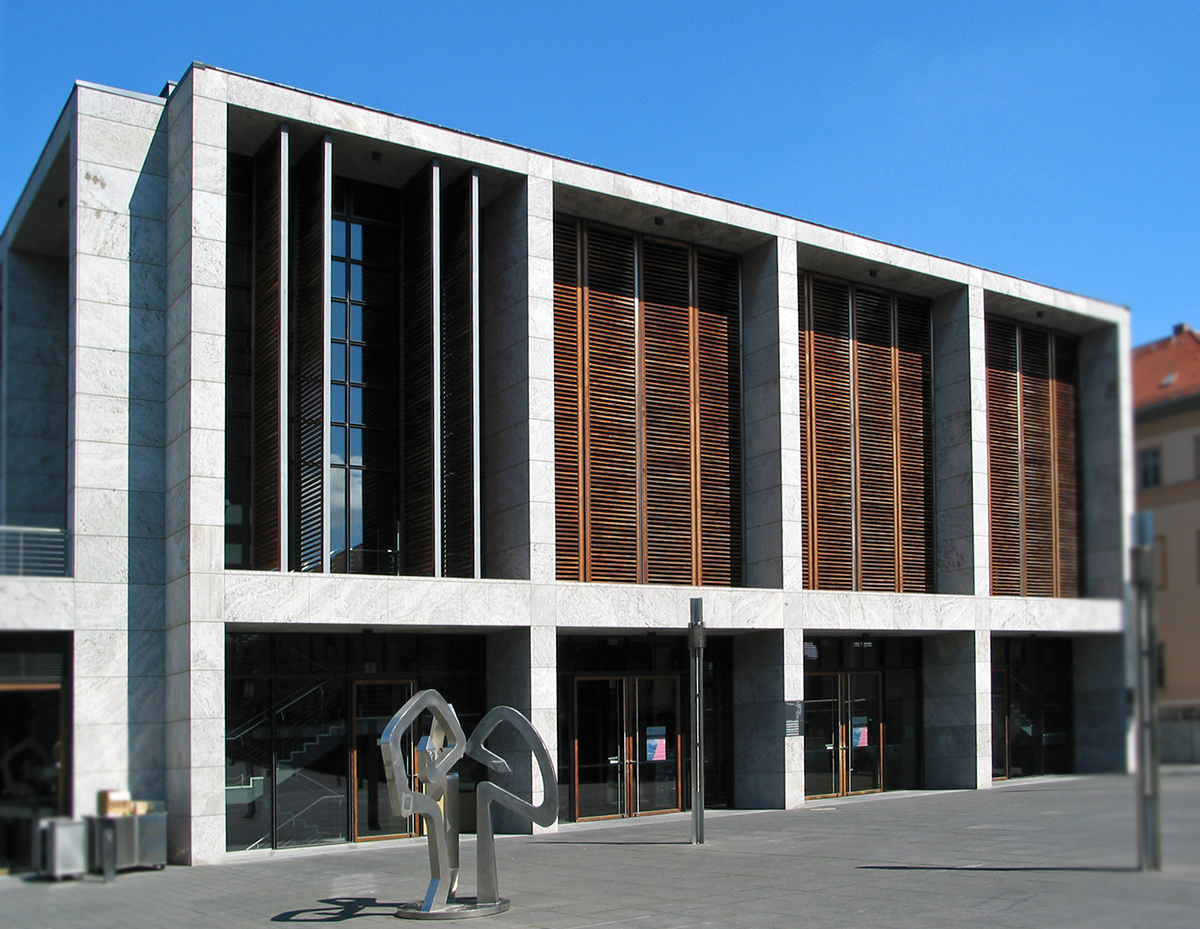
-
Neues Museum
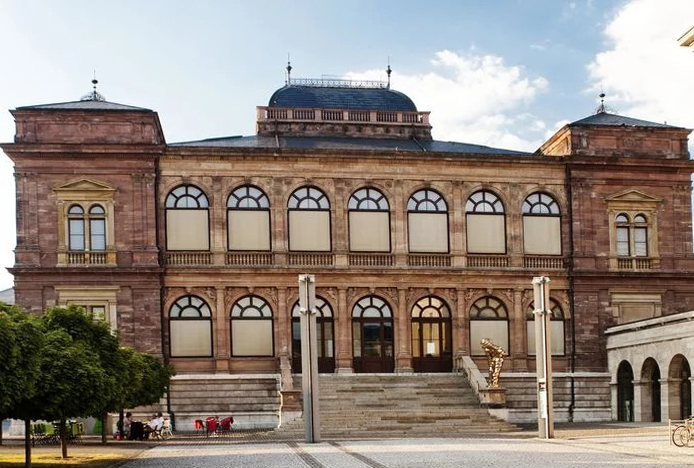
-
Parkhöhle
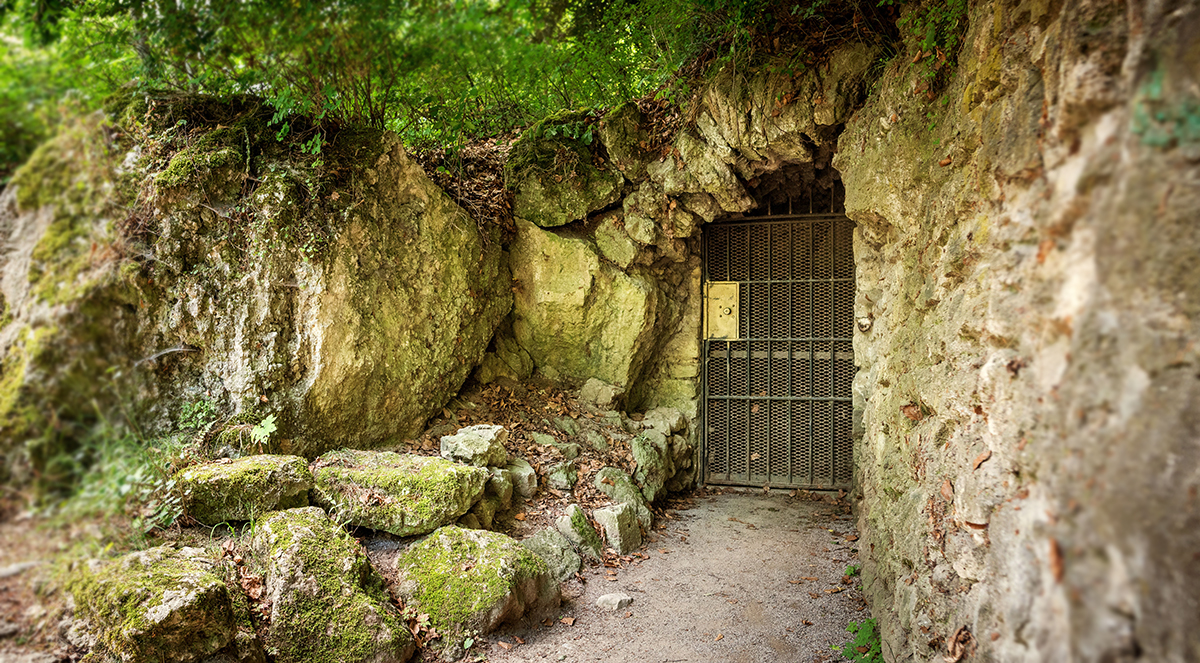
-
Platz der Demokratie (Fürstenplatz)
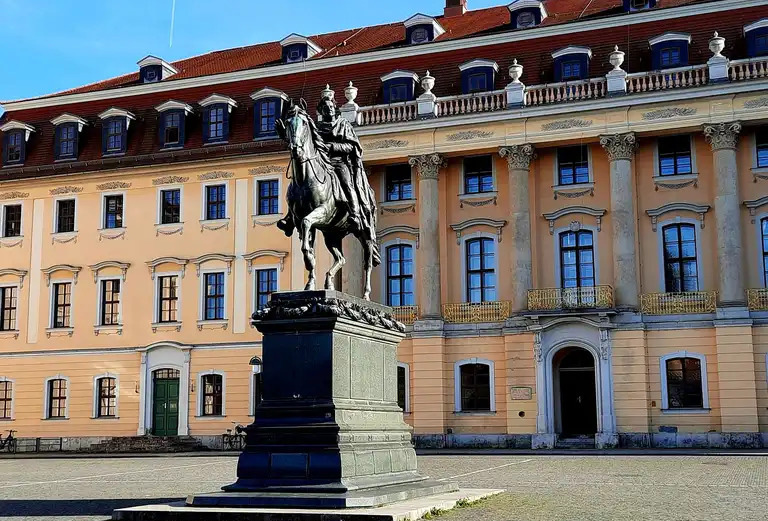
-
Platz der Demokratie, Anna Amalia Bibliothek
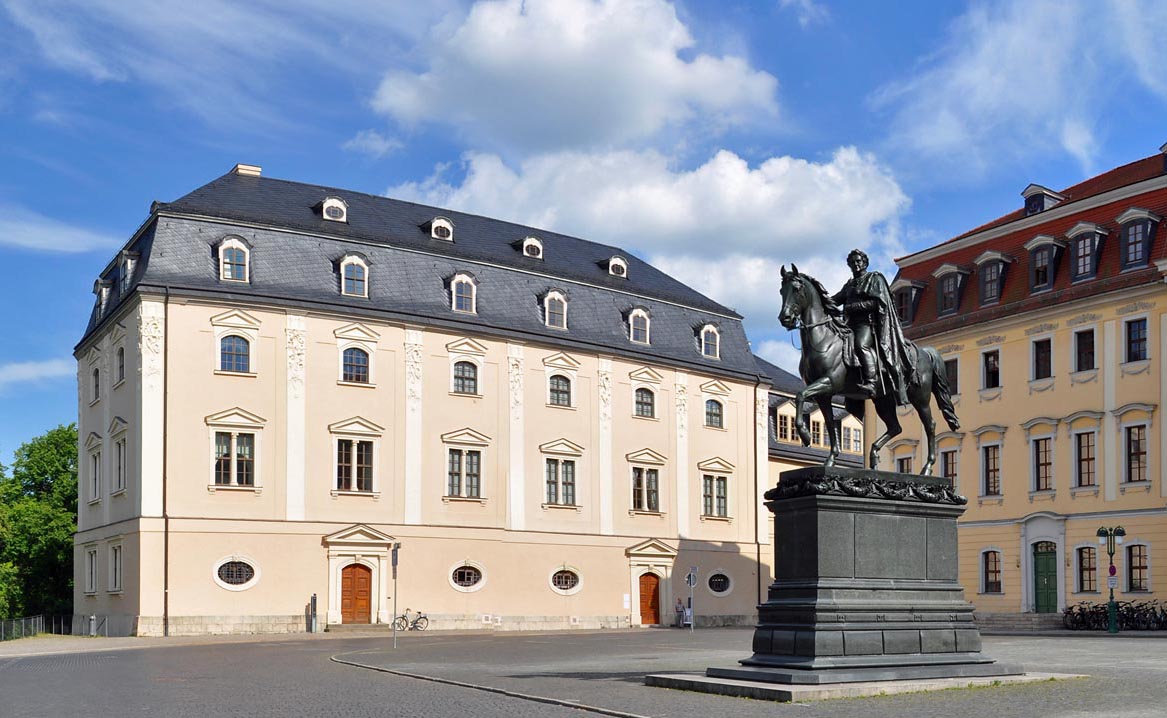
-
Rathaus
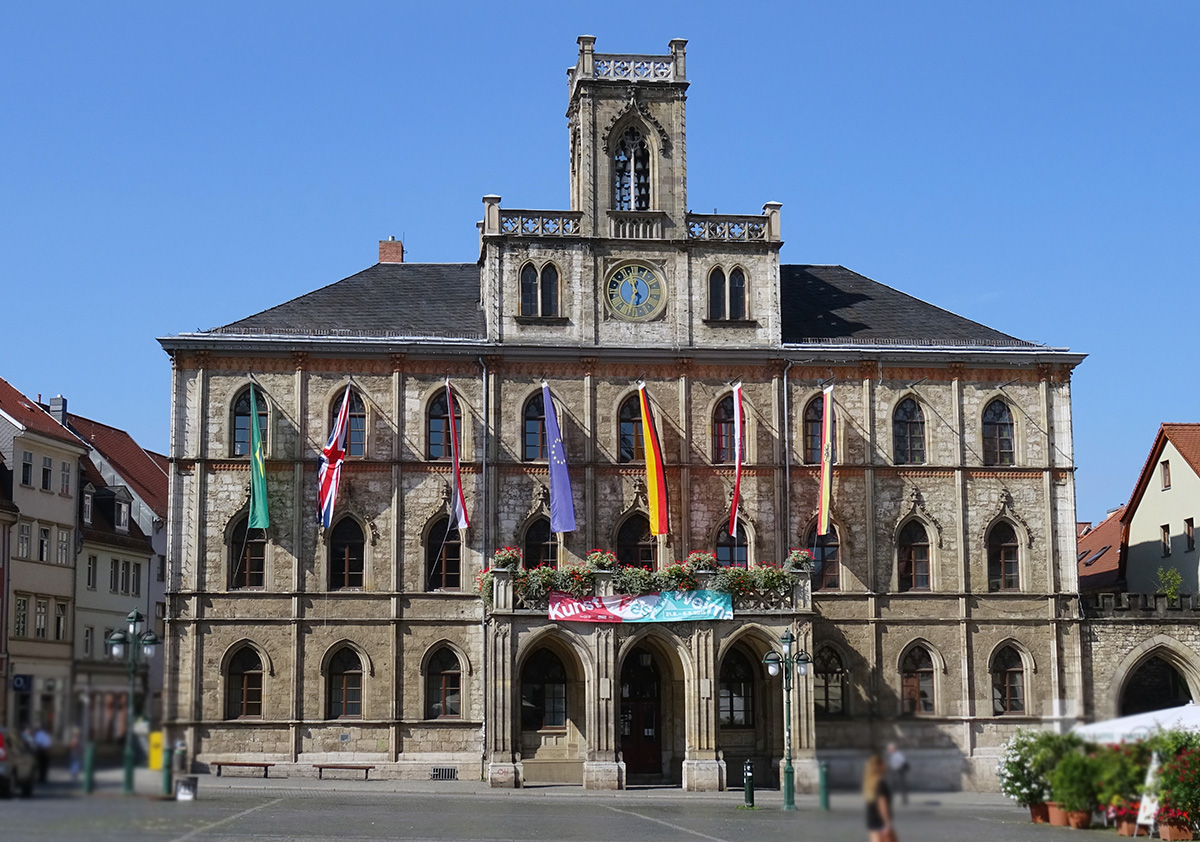
-
Reiterstandbild Carl August
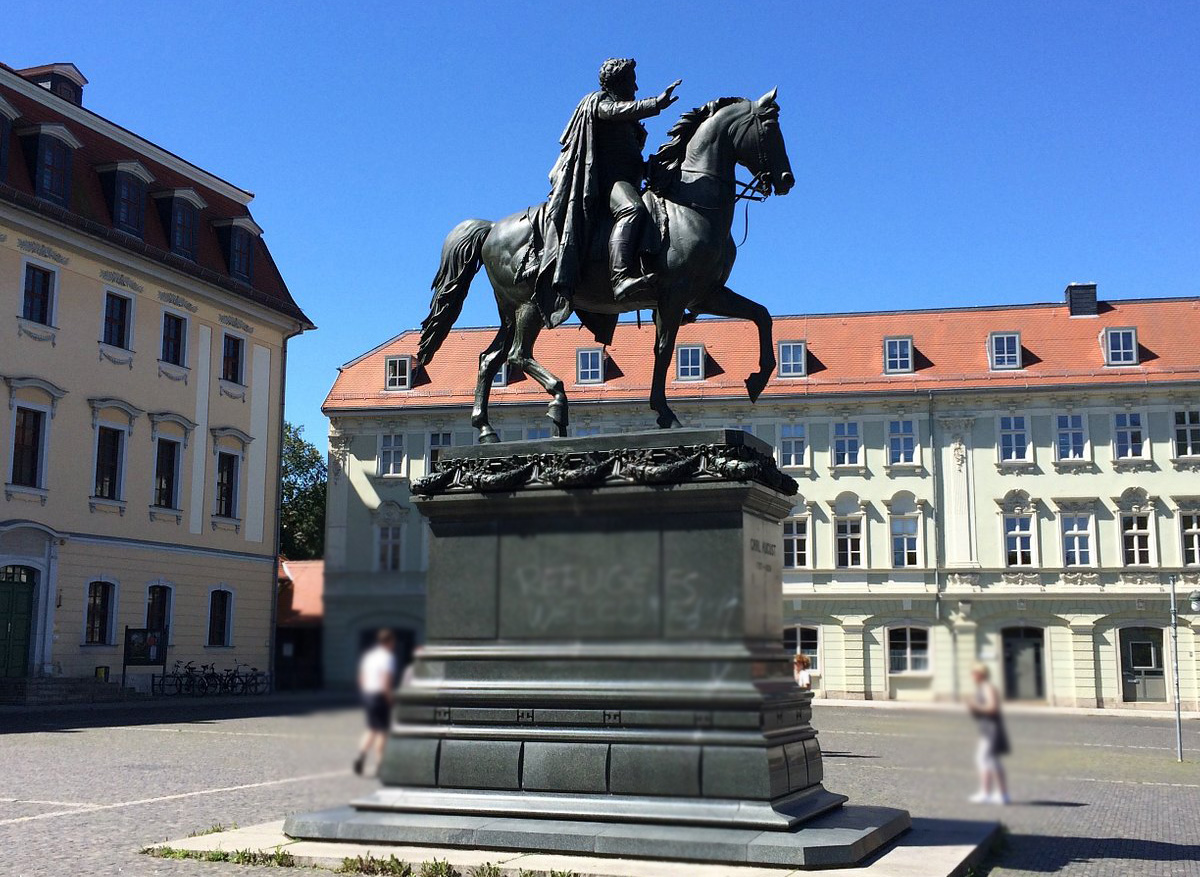
-
Römisches Haus (Carl August)
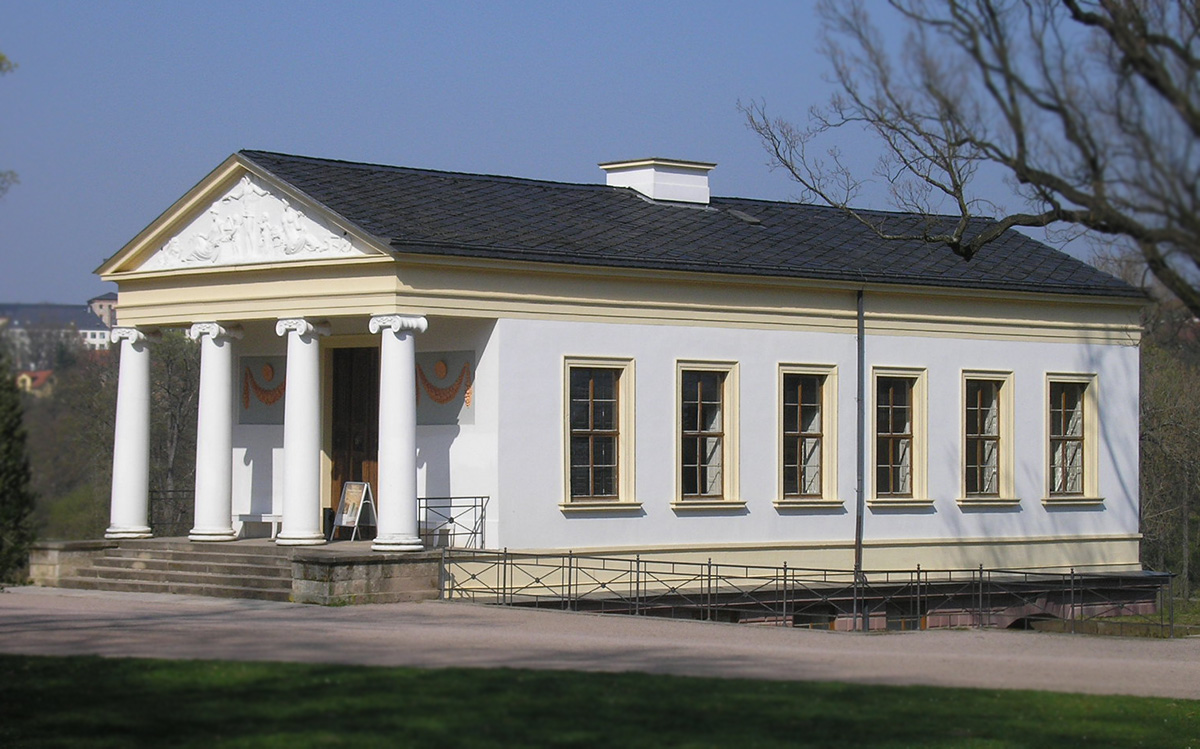
-
Schloss Belvedere
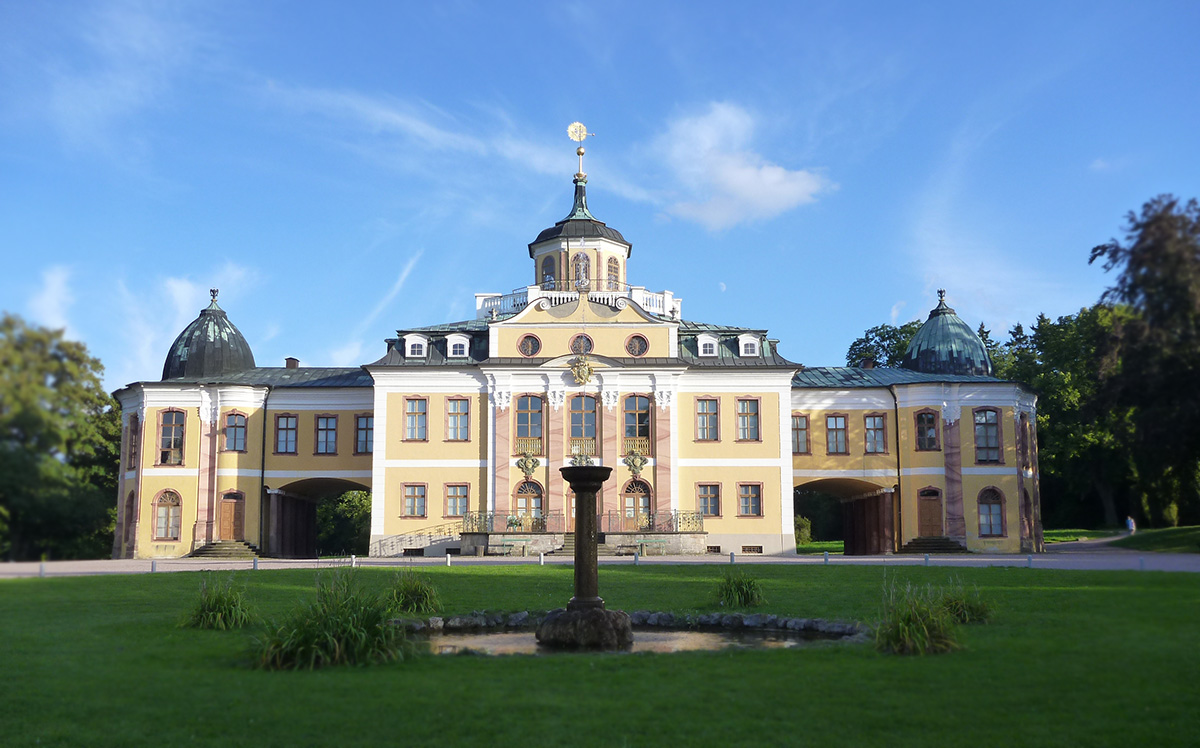
-
Stadtmuseum
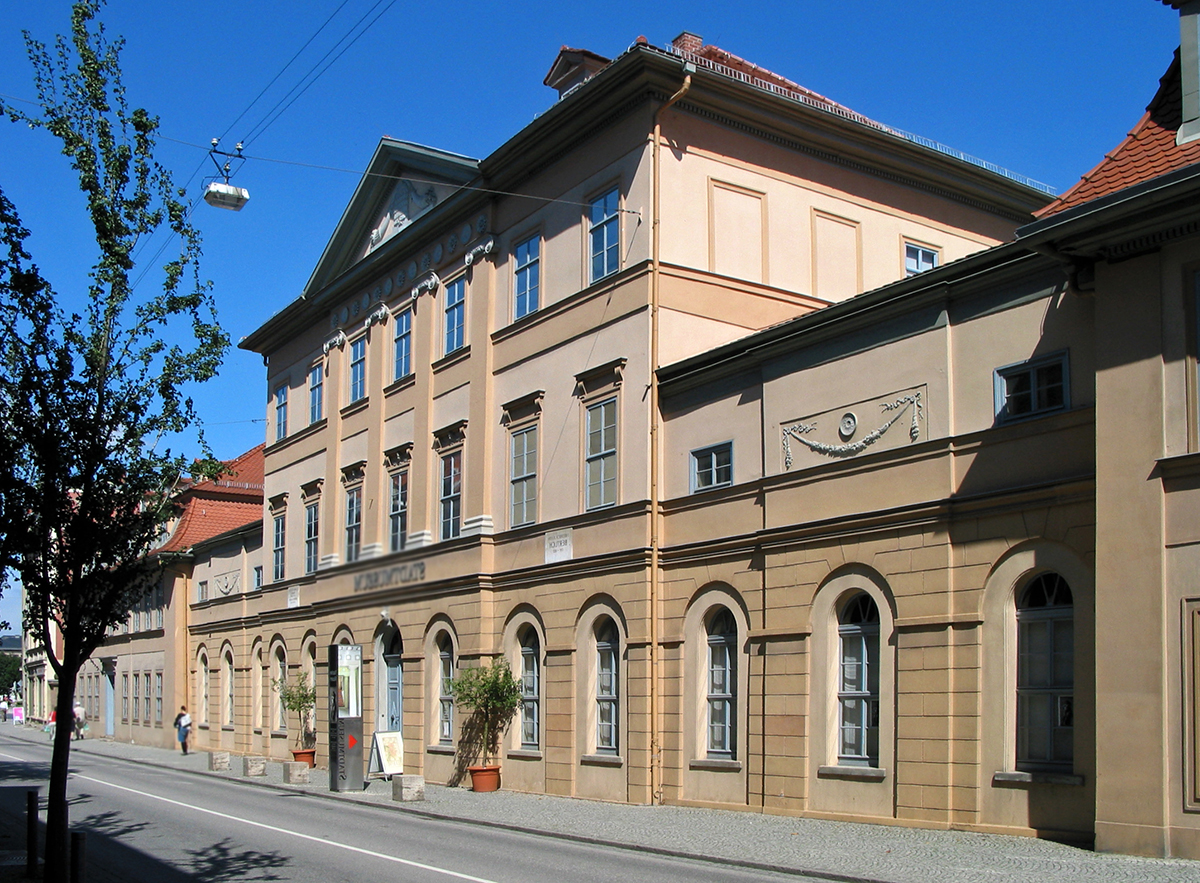
-
Stadtschloss
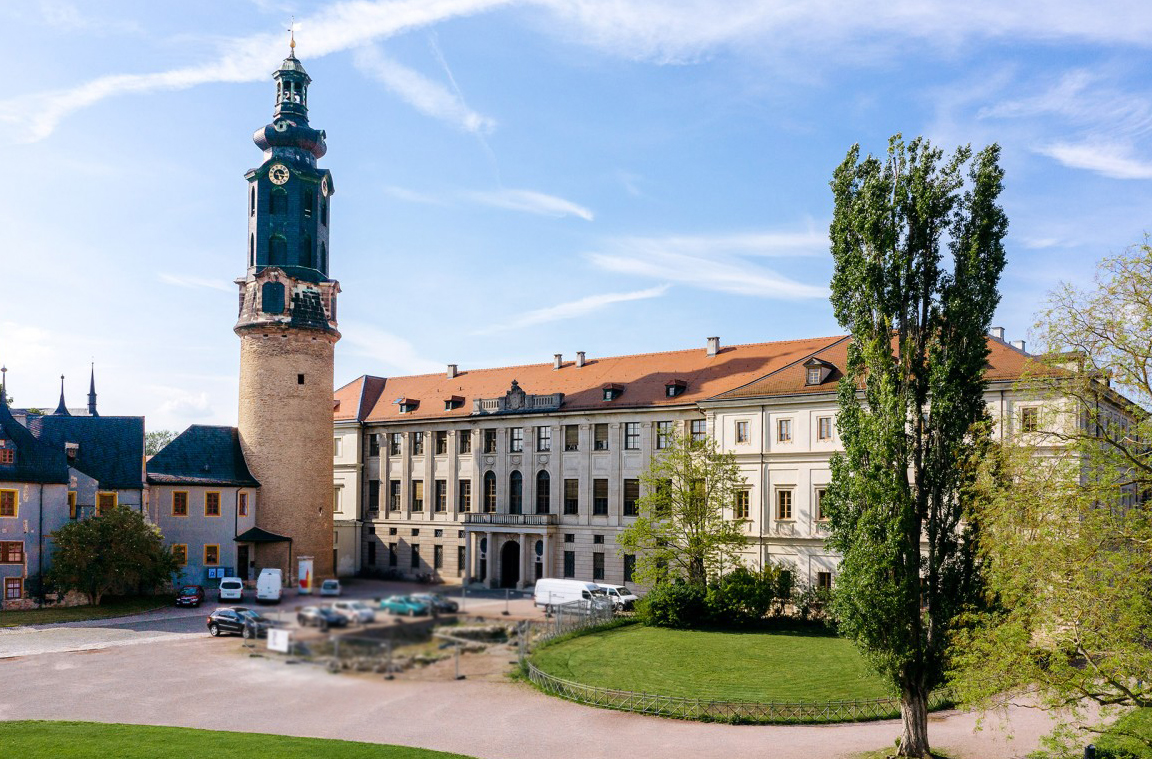
-
Standort Neues Bauhausmuseum
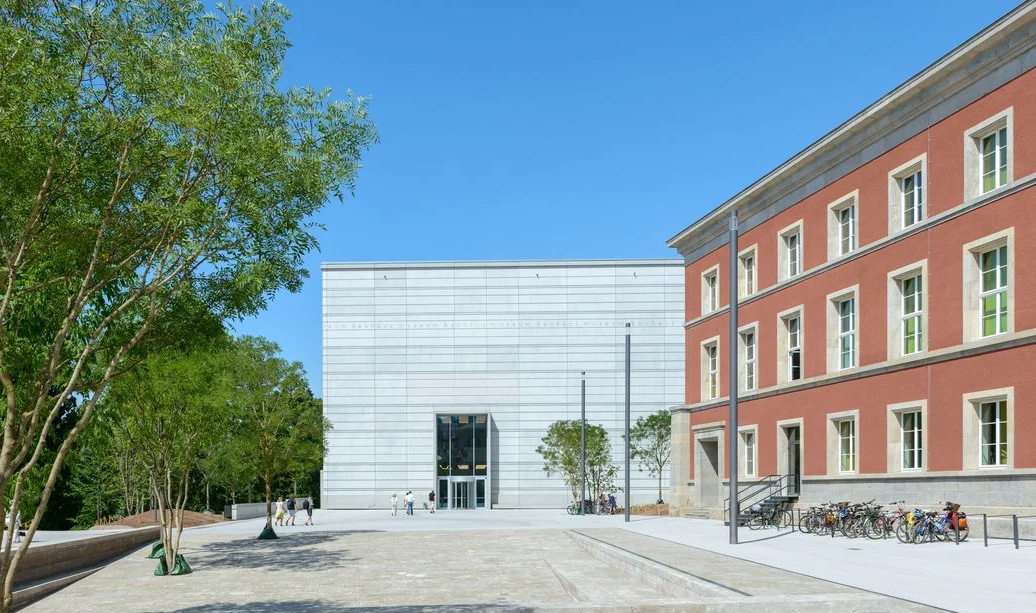
-
Villa Altenburg
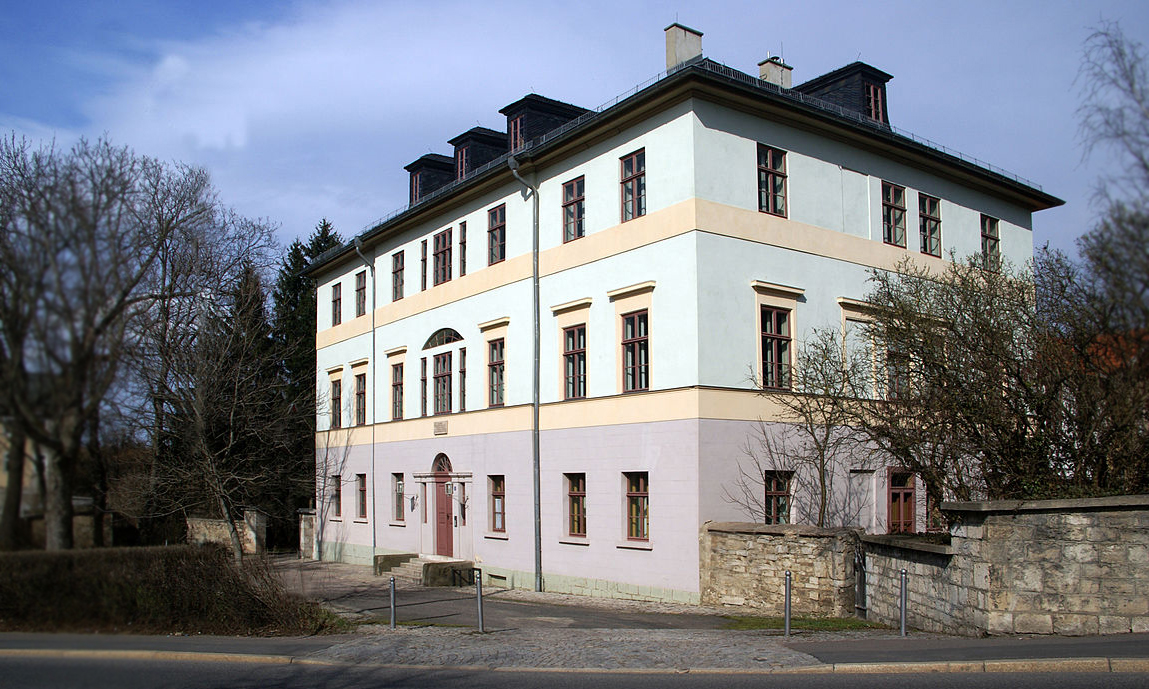
-
Welscher Garten
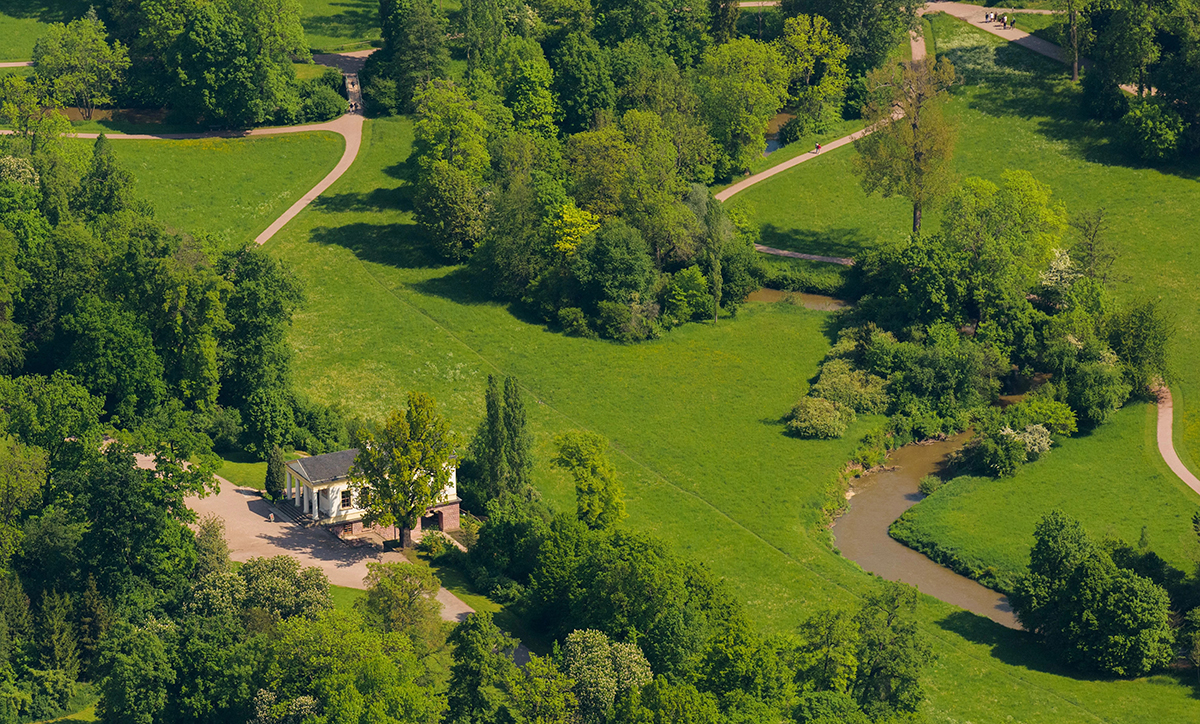
-
Wielanddenkmal
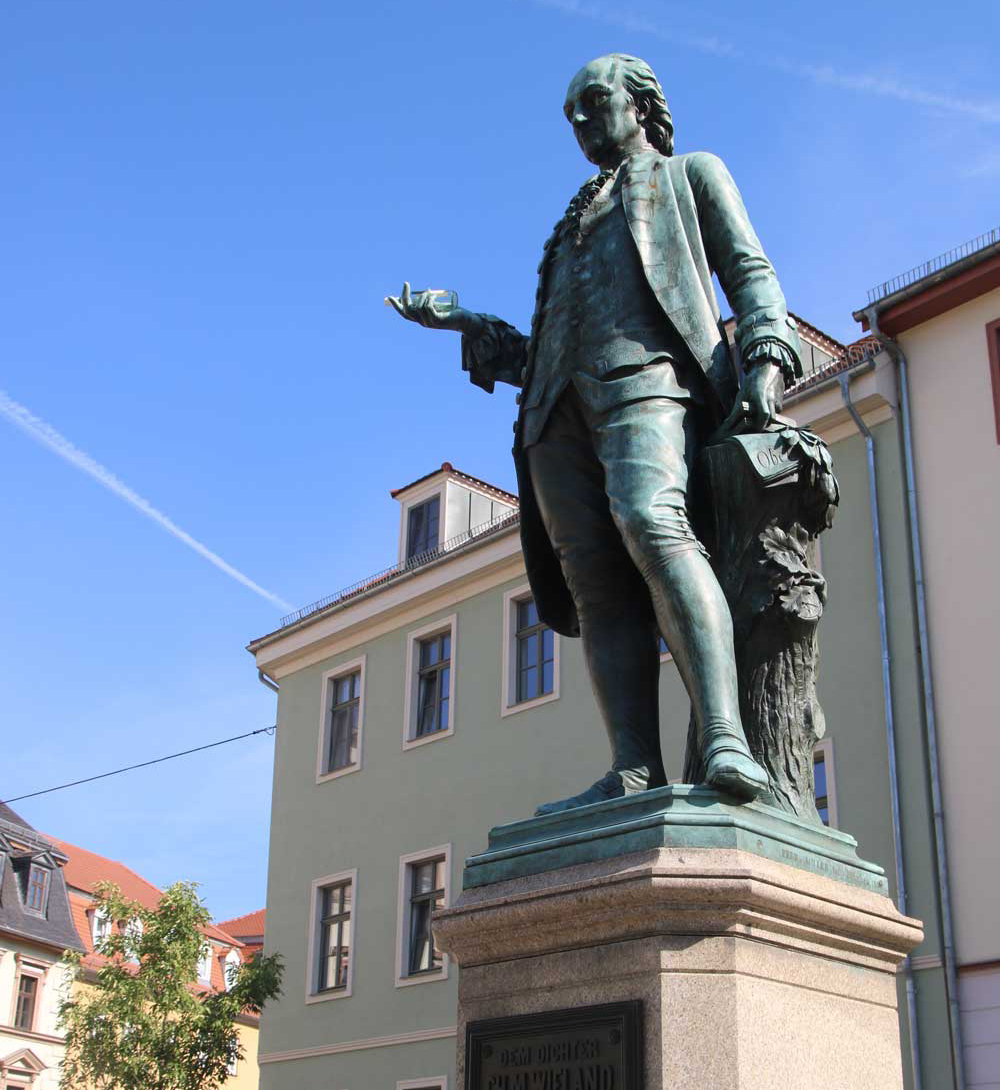
-
Wittumspalais
